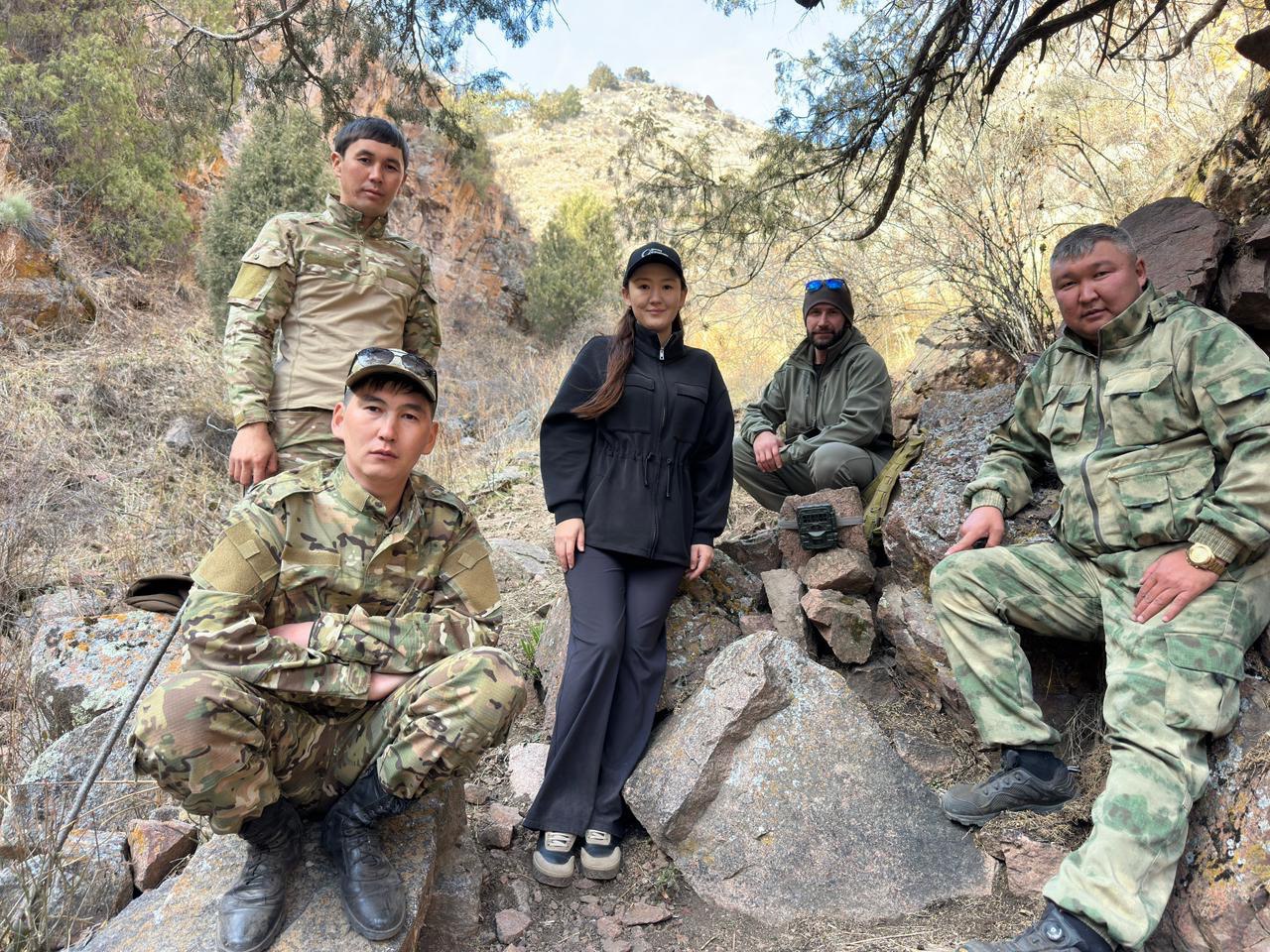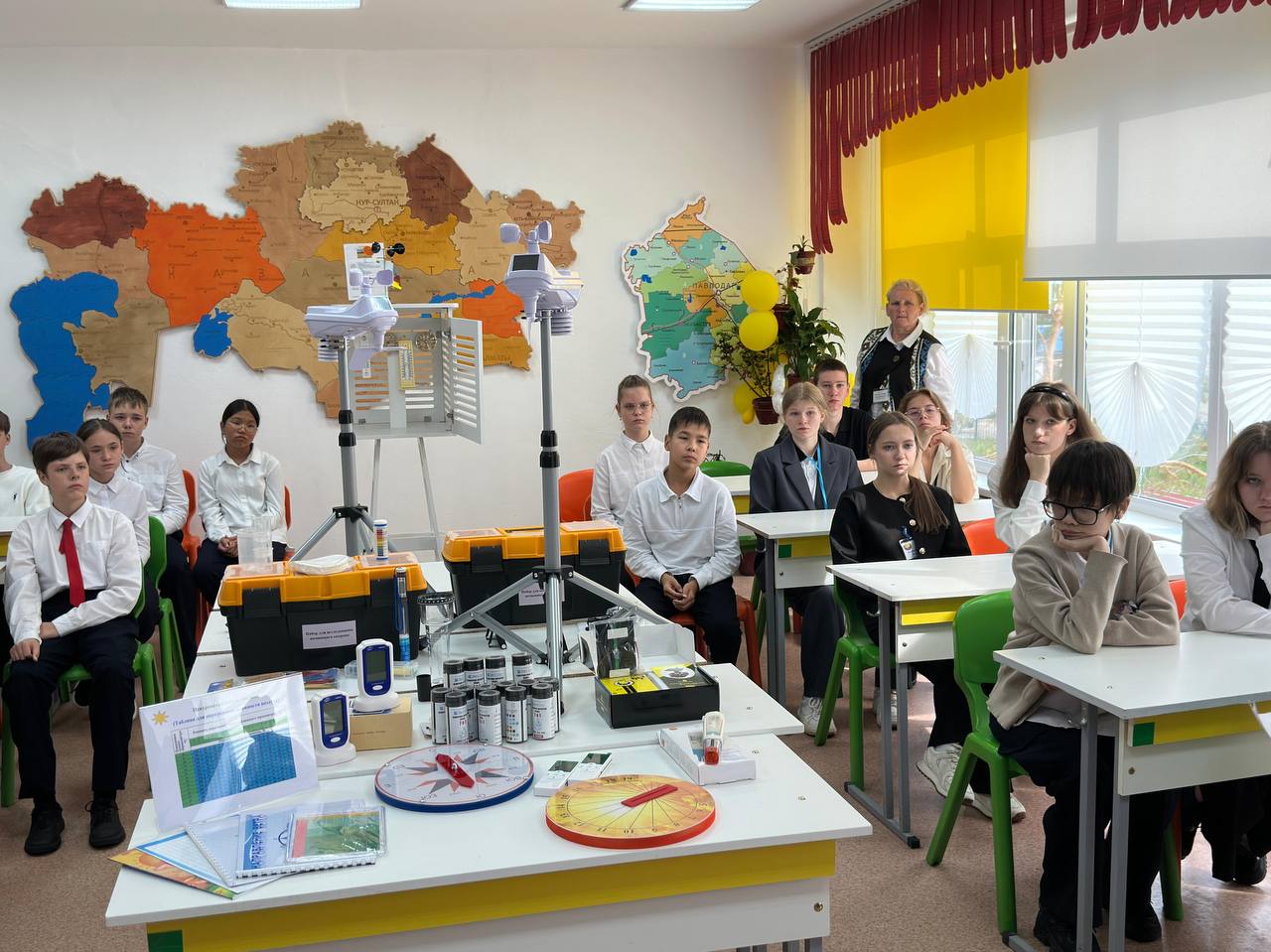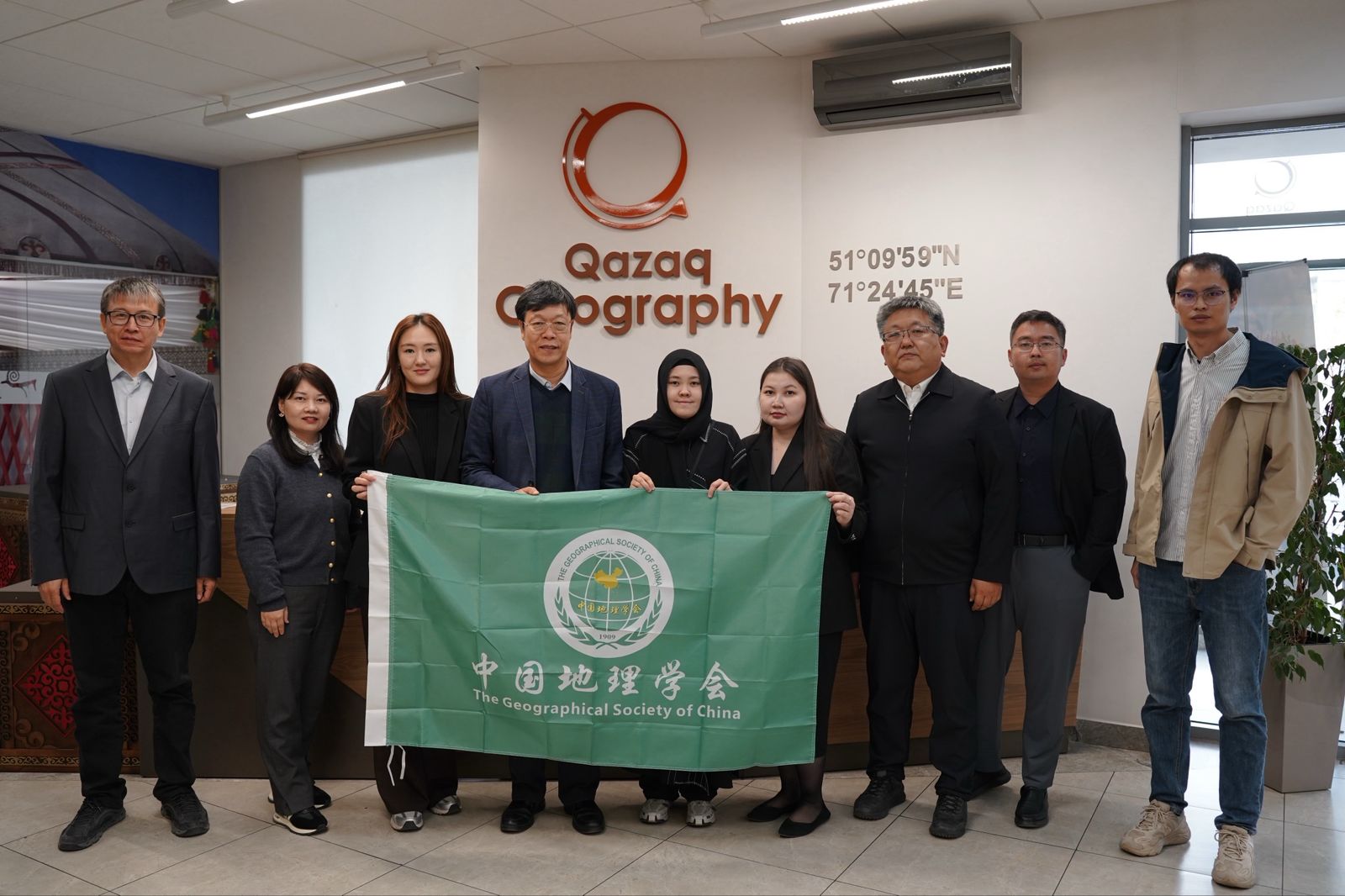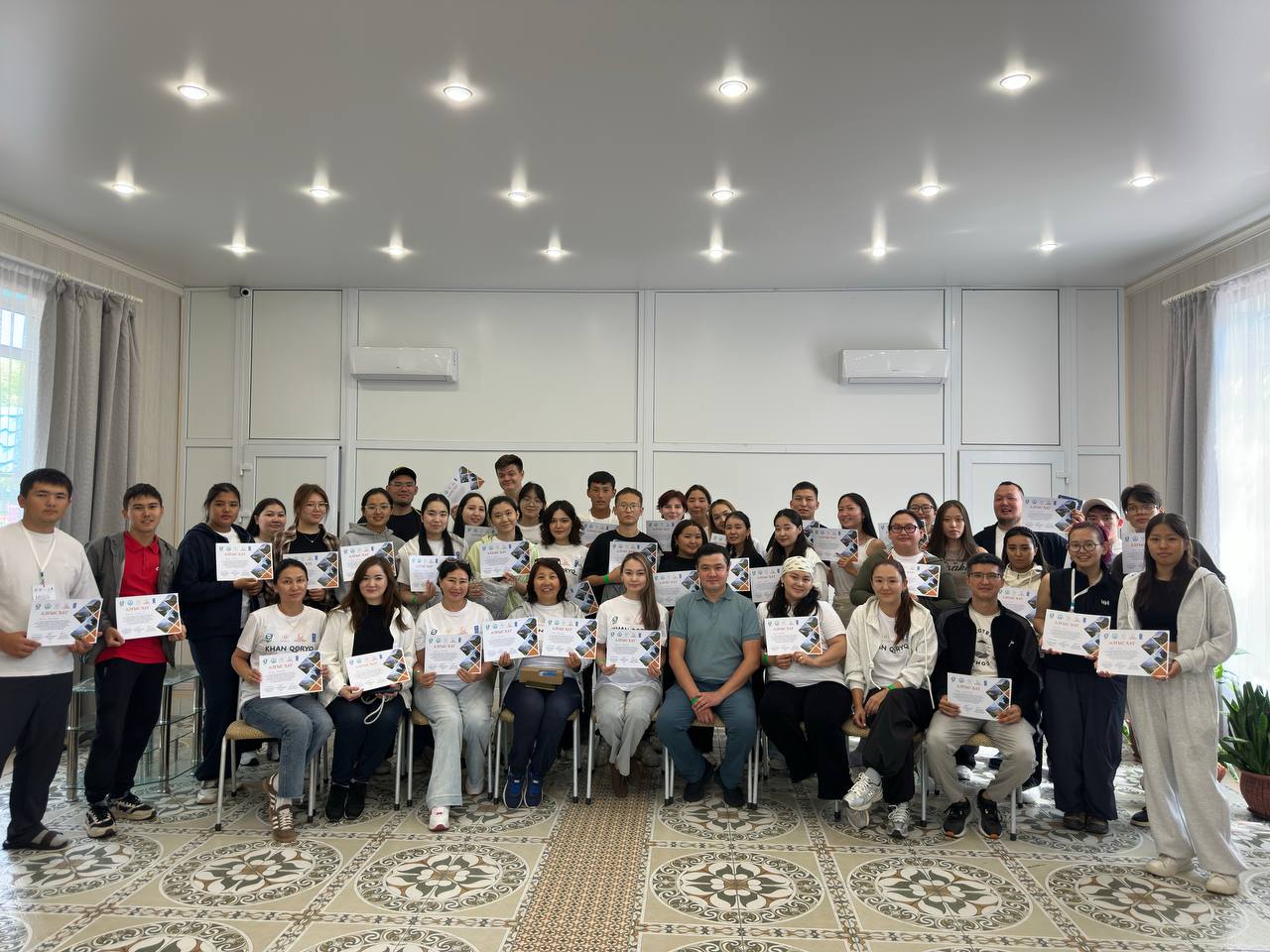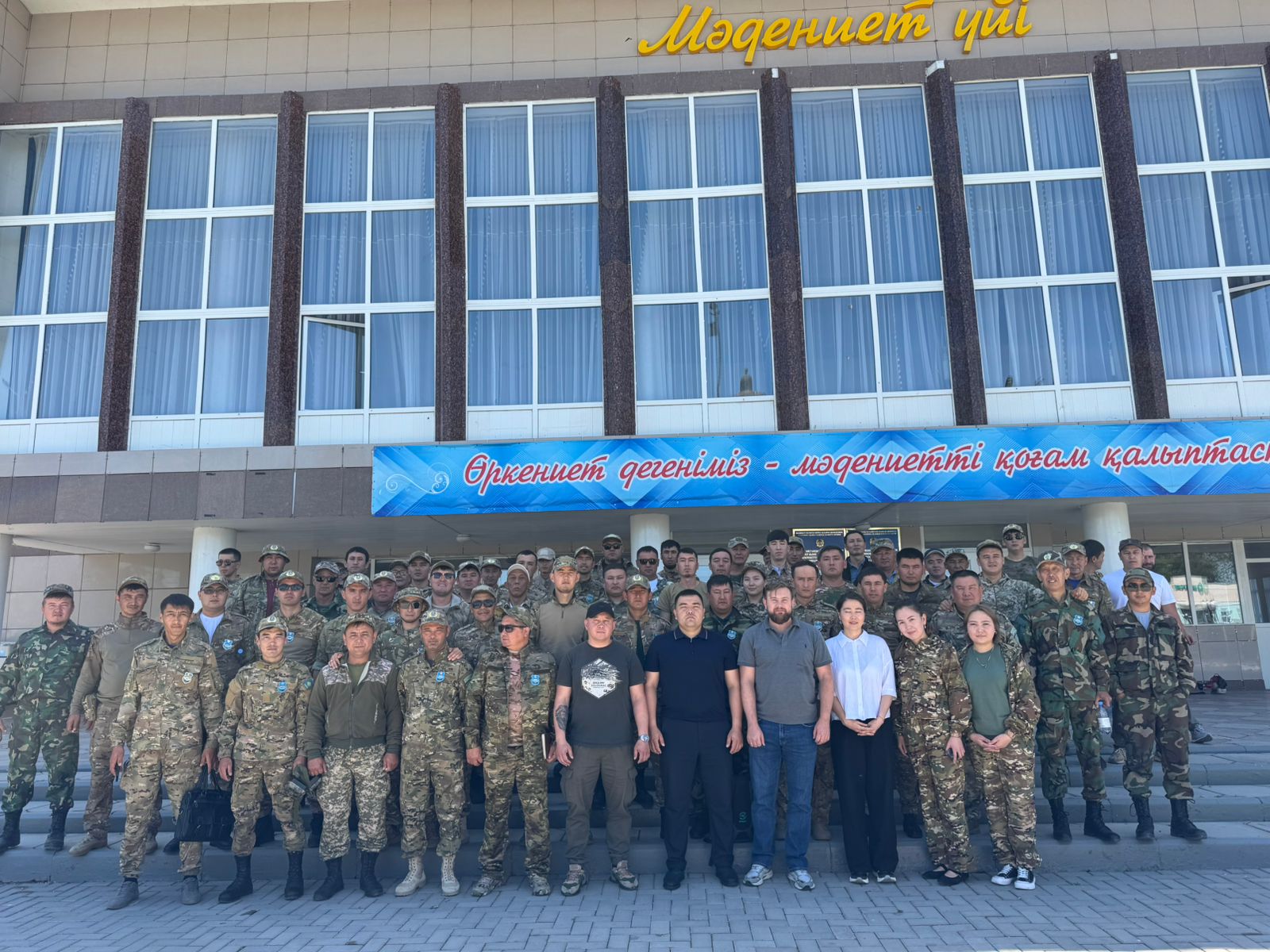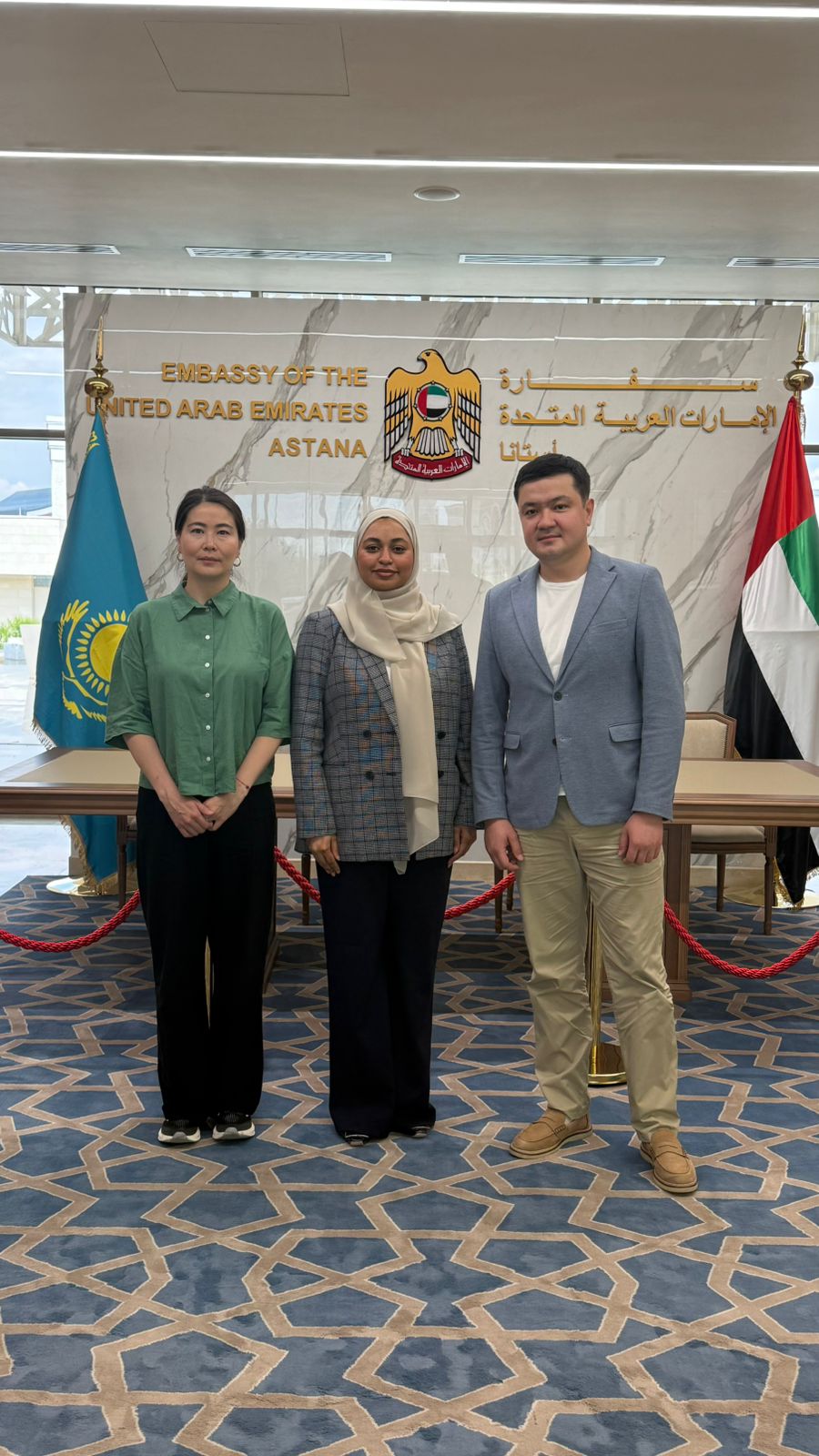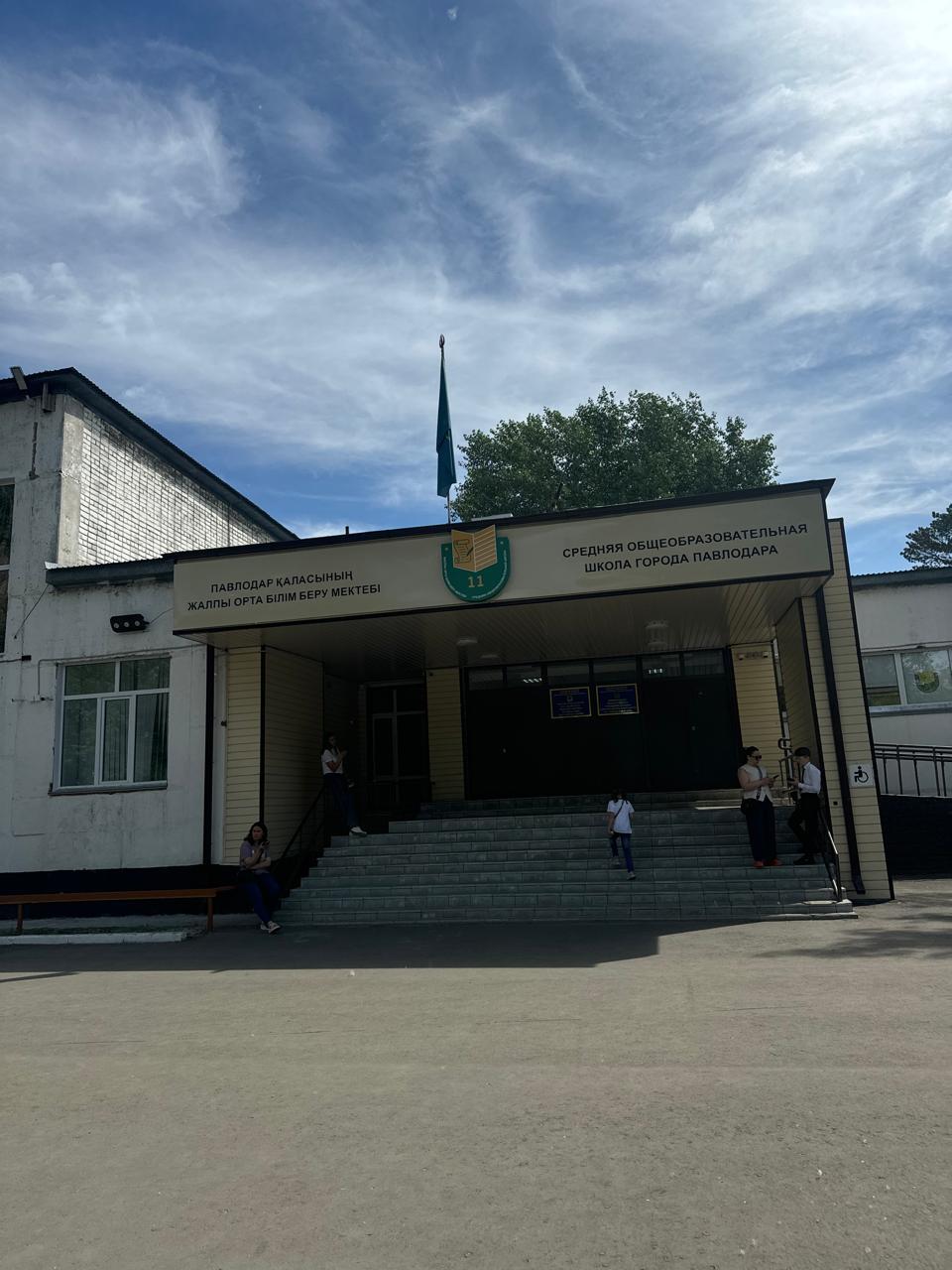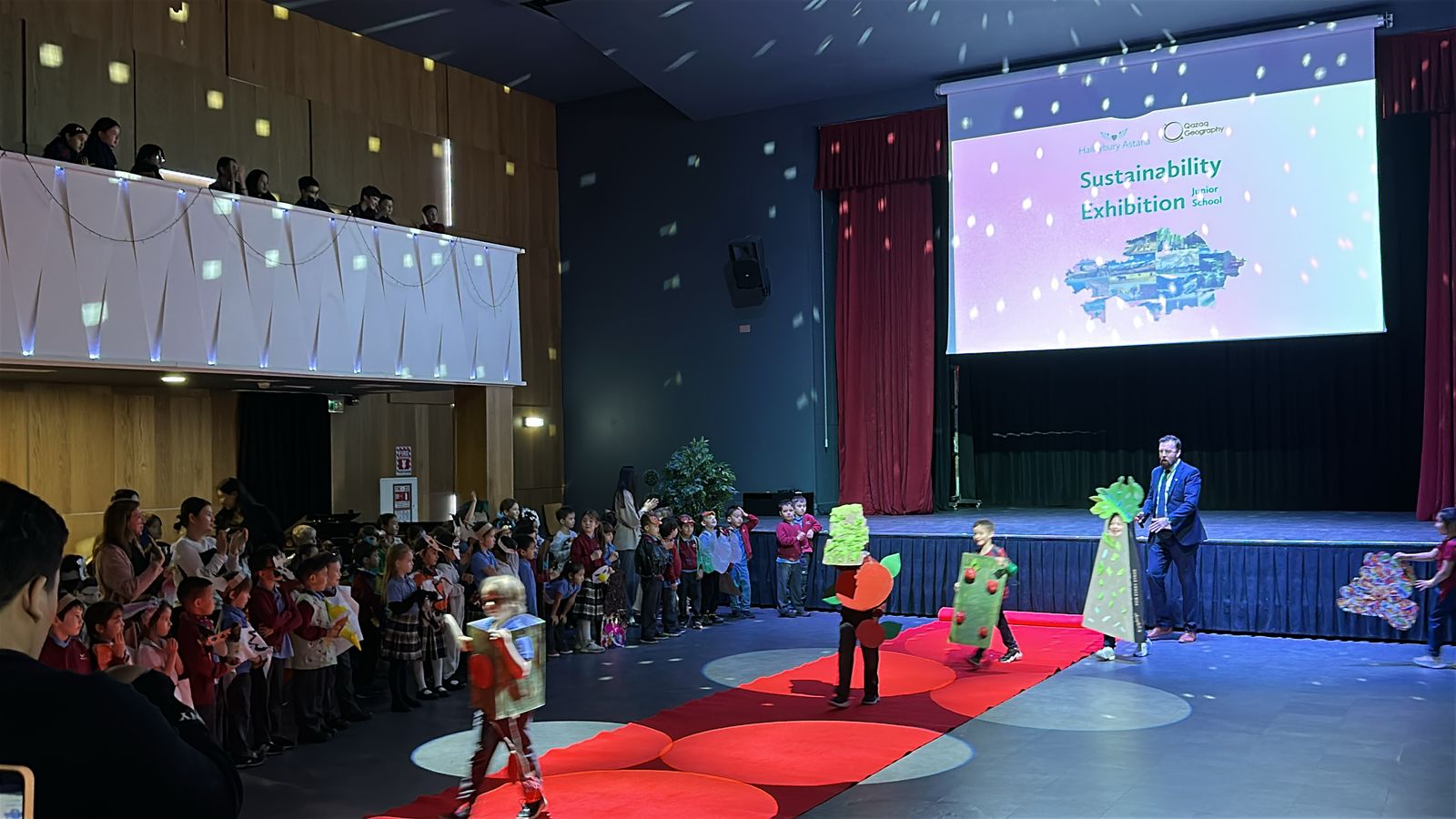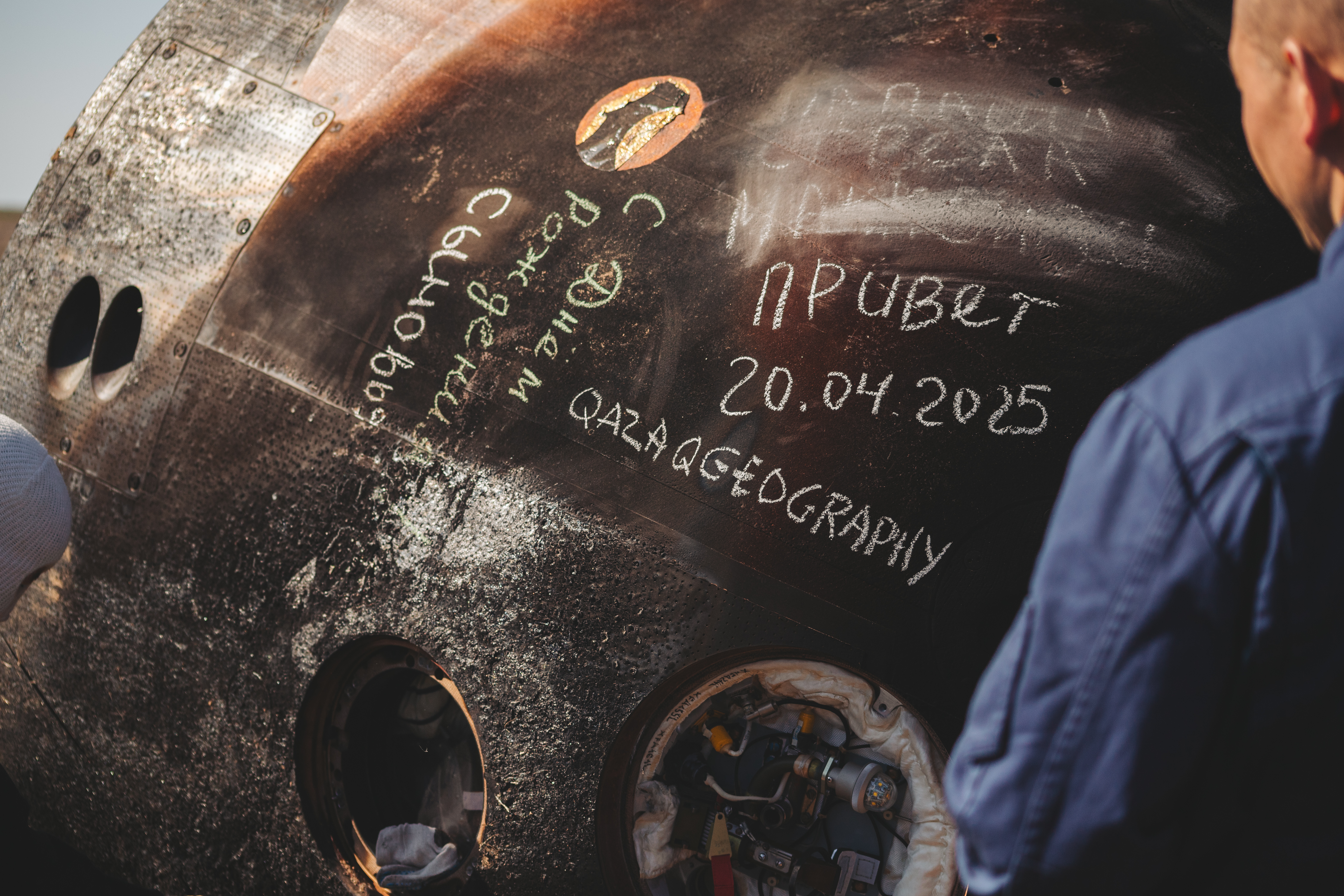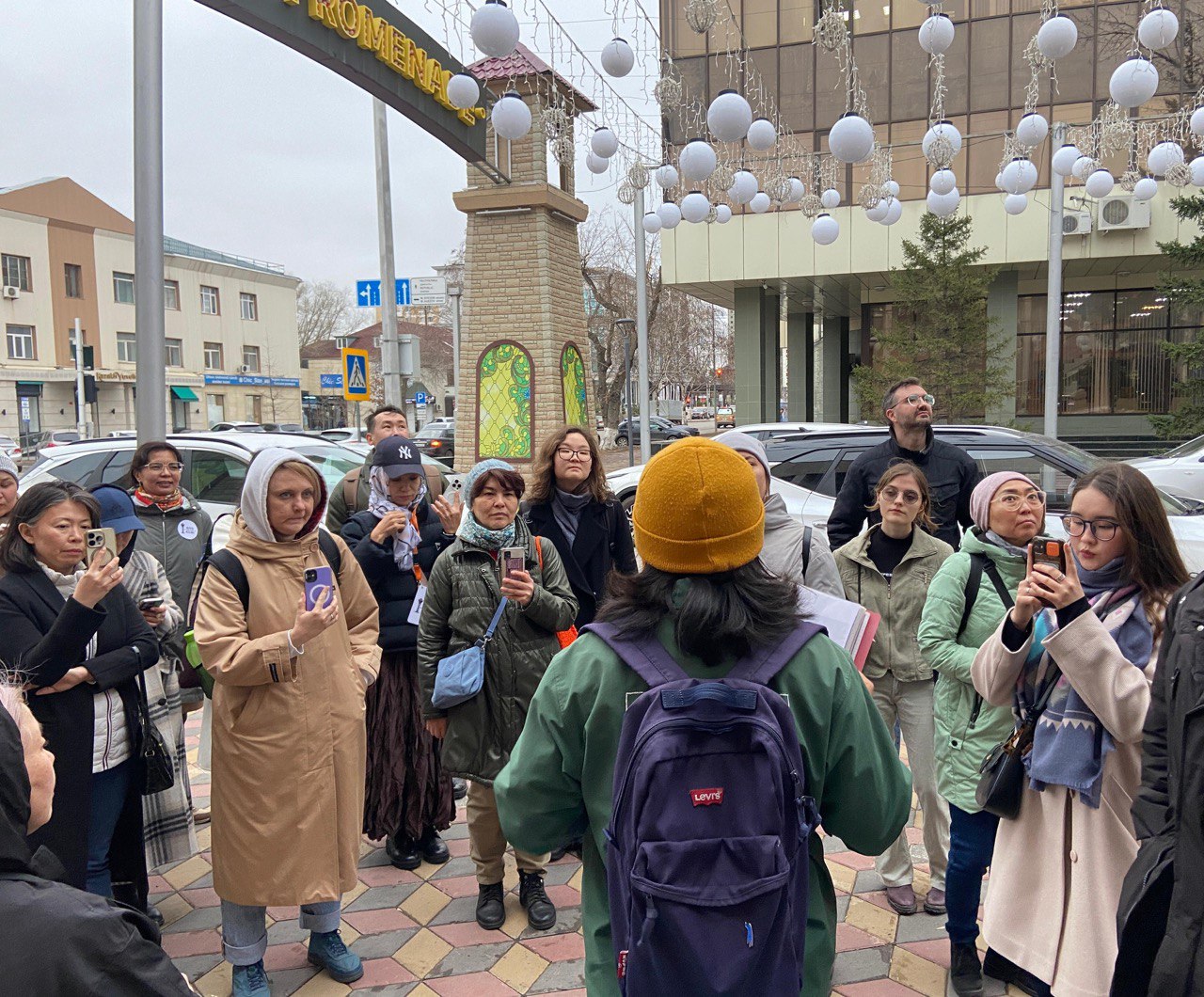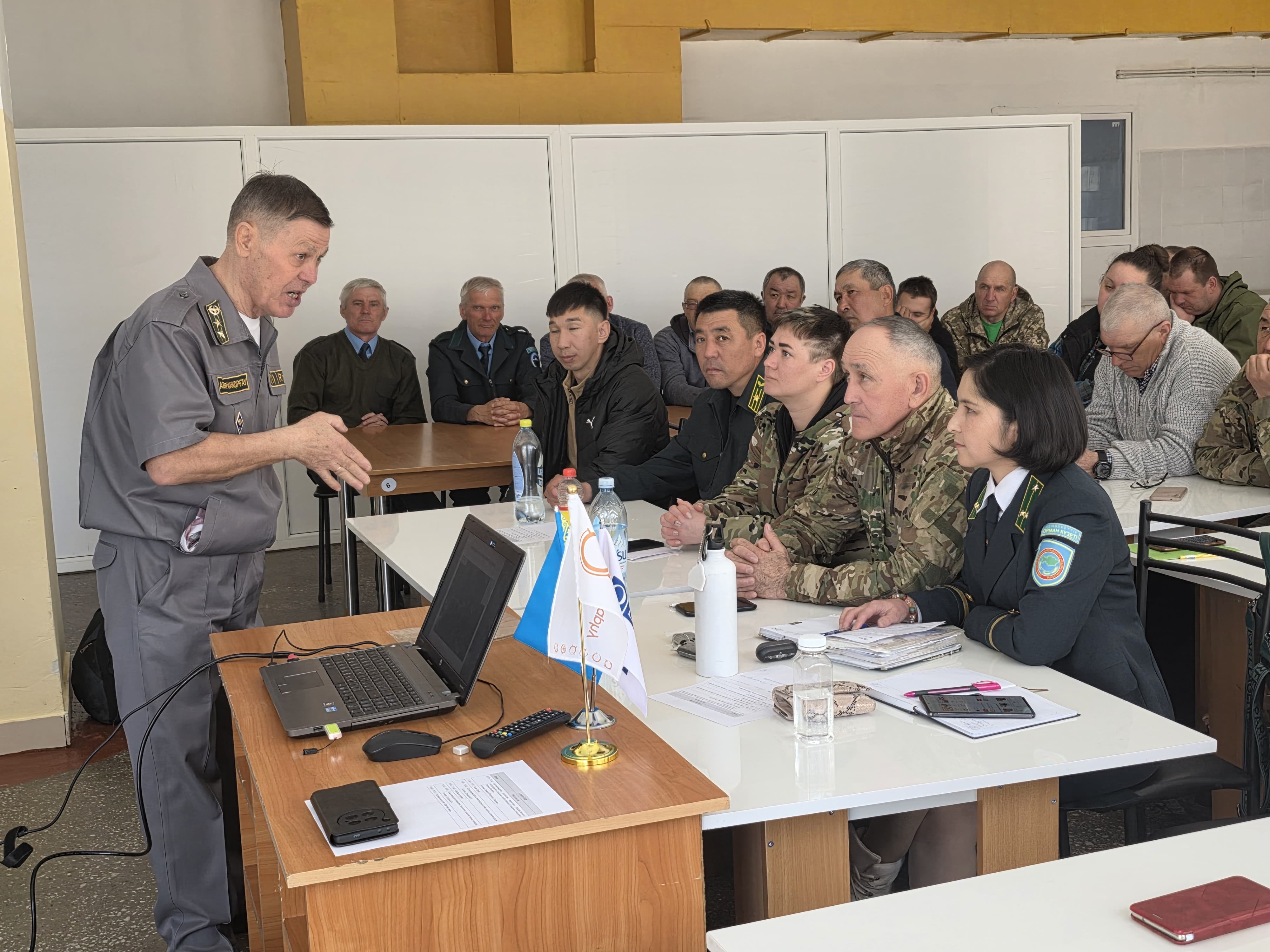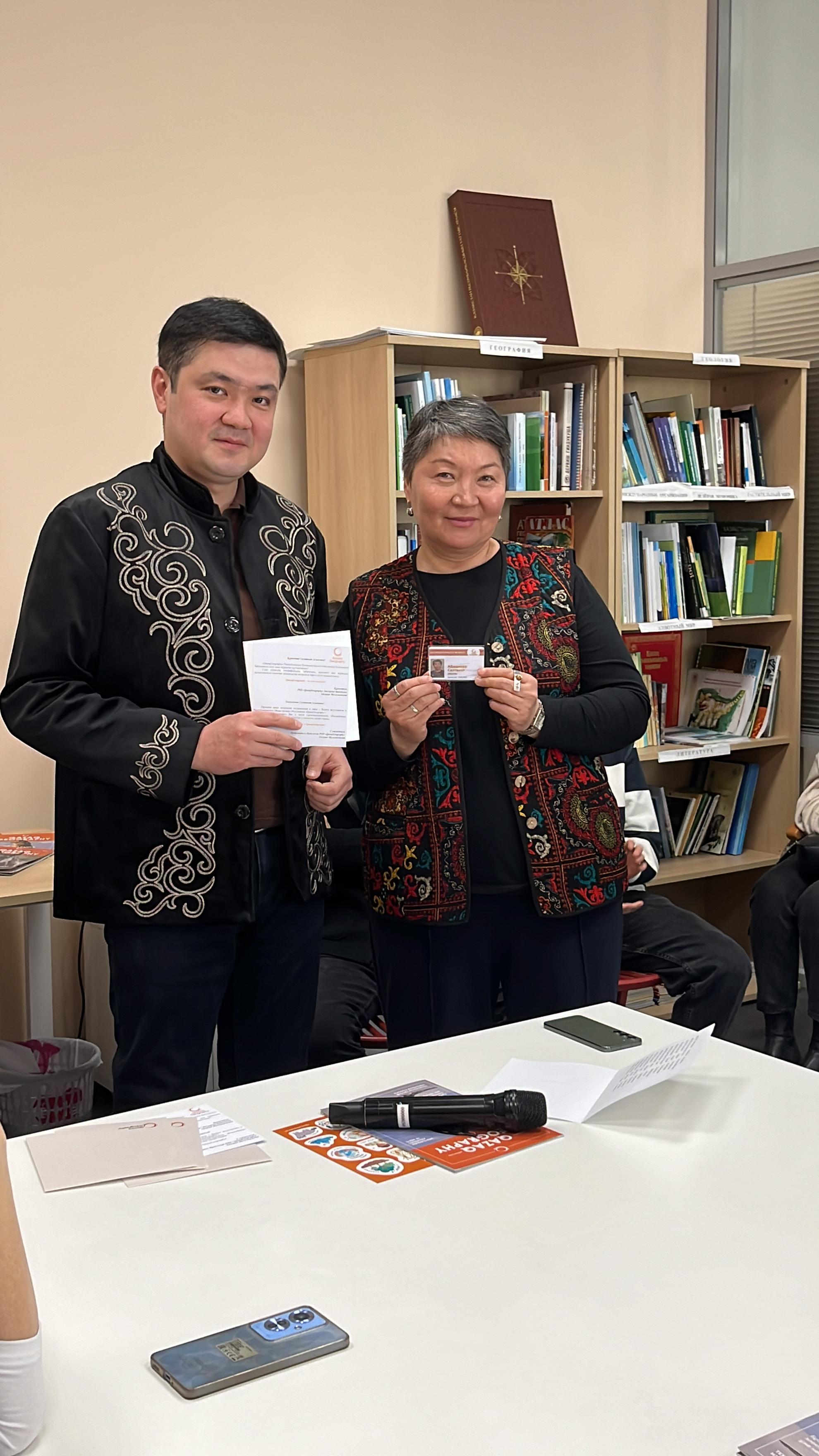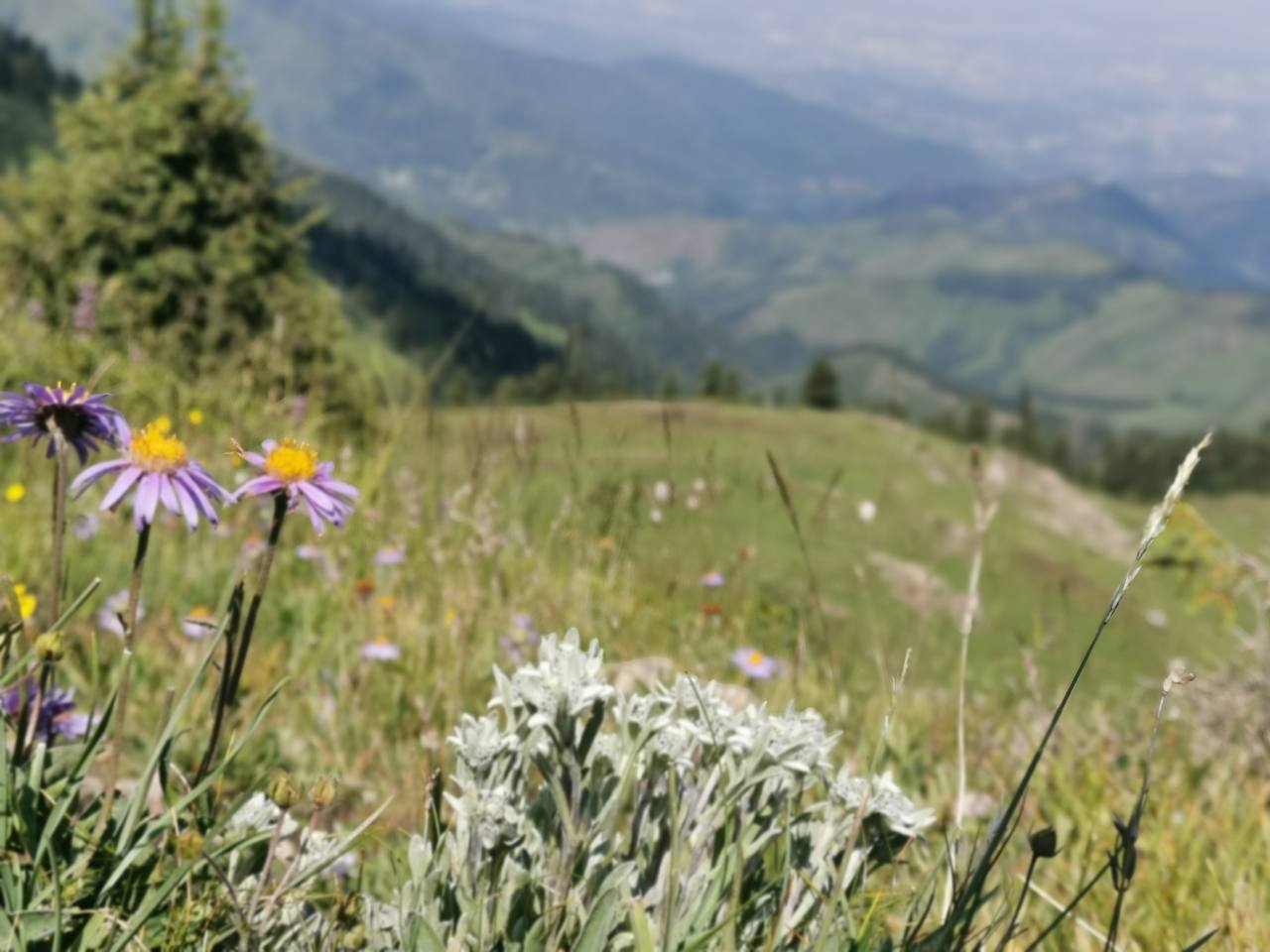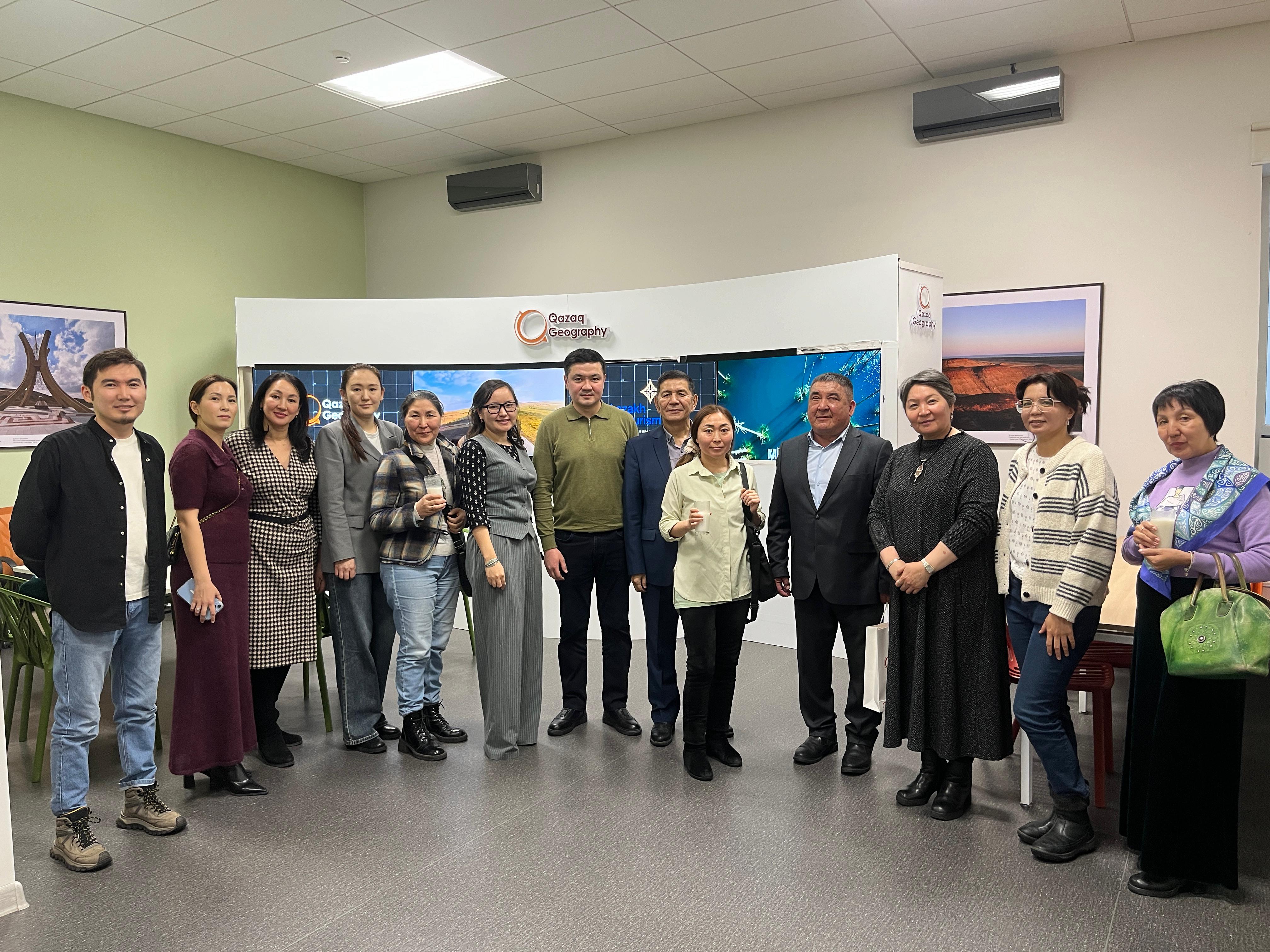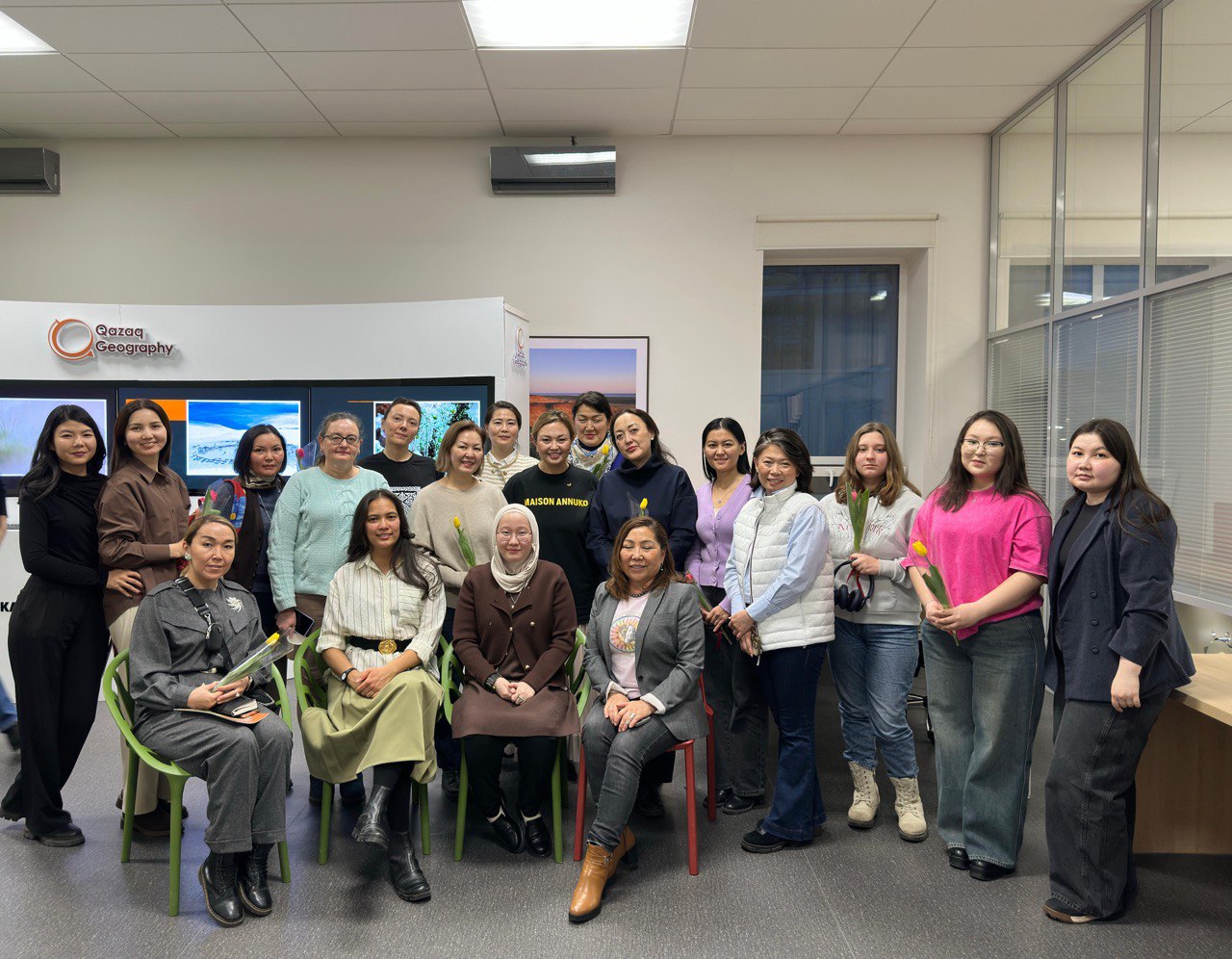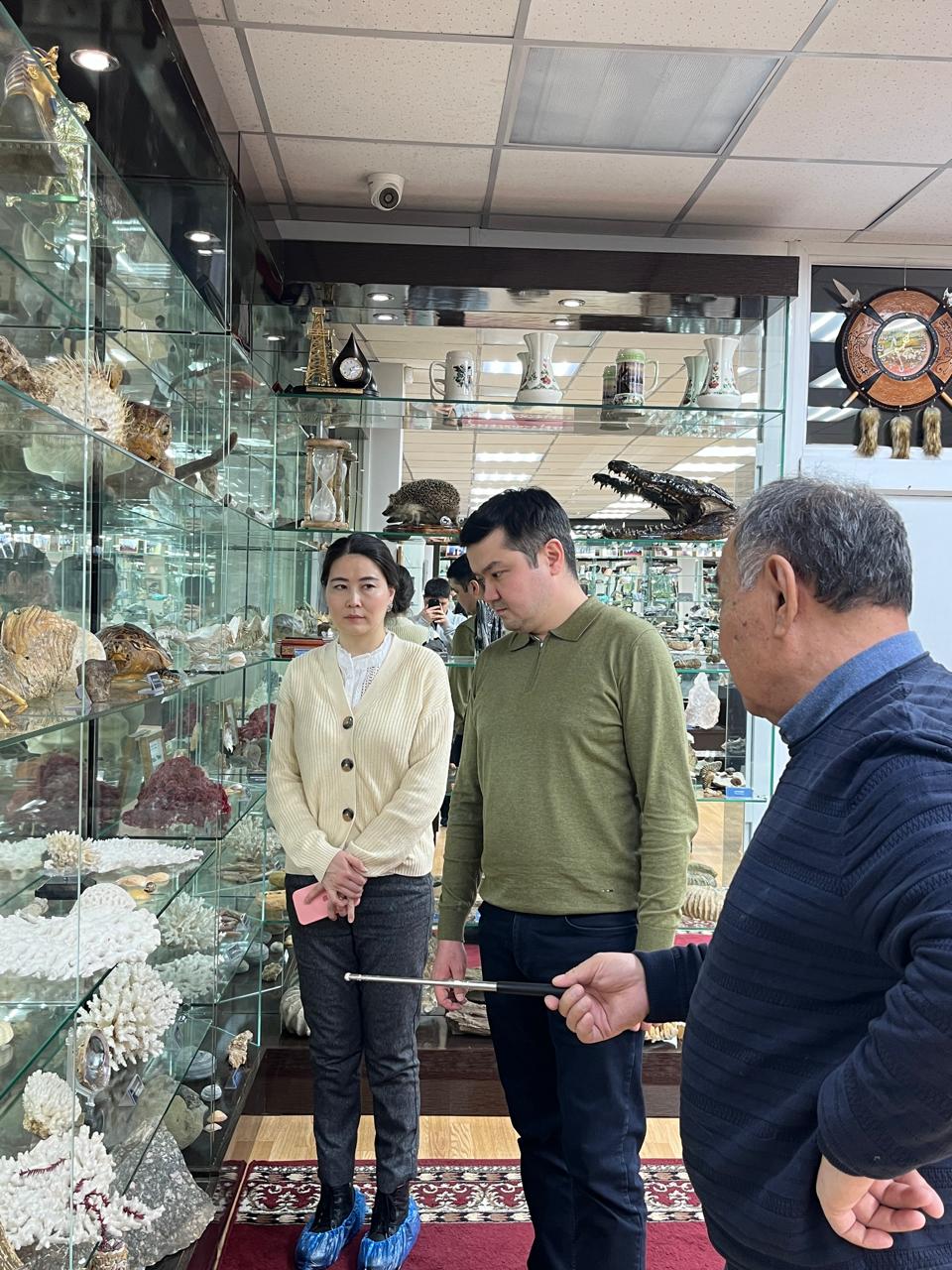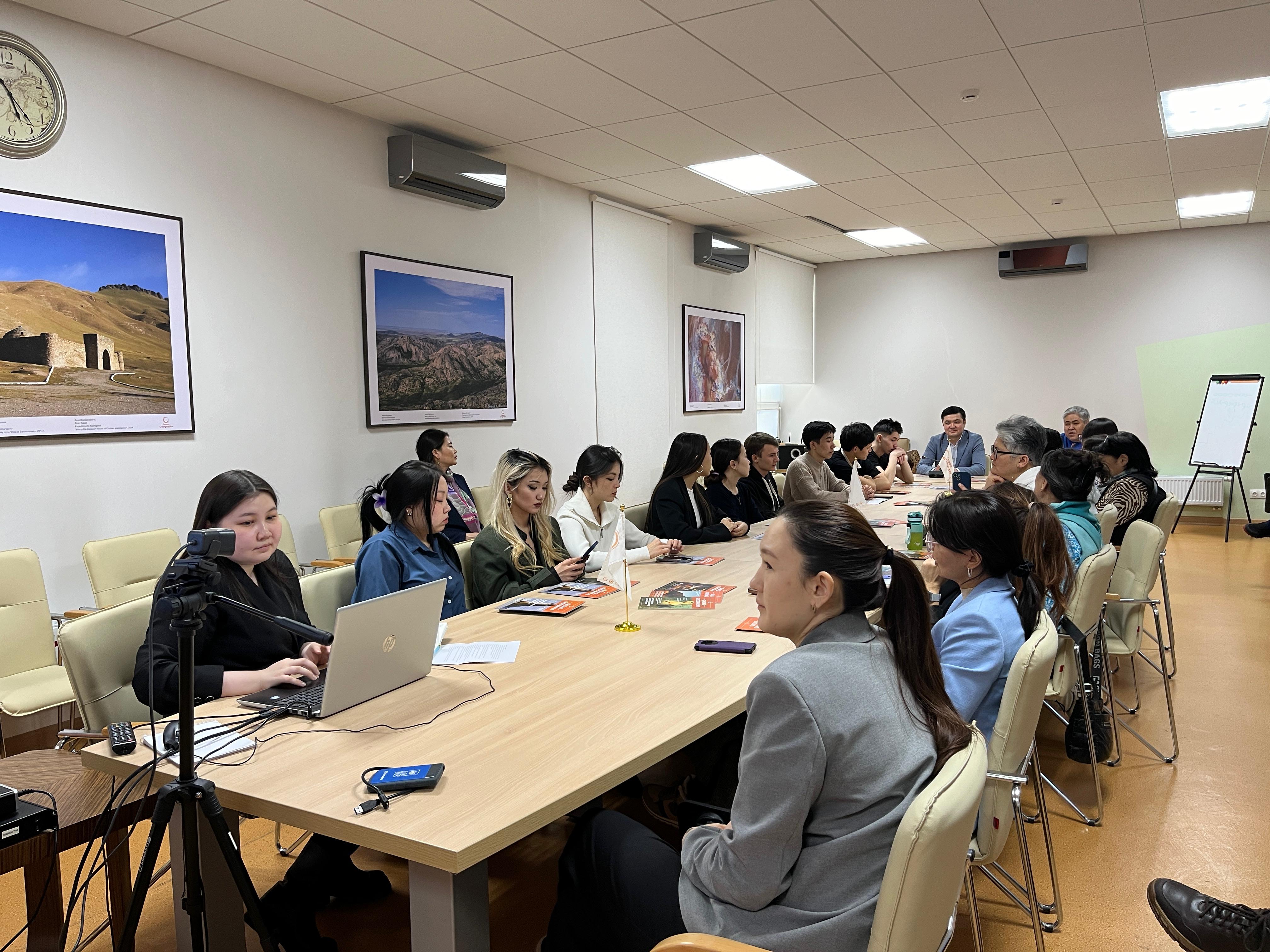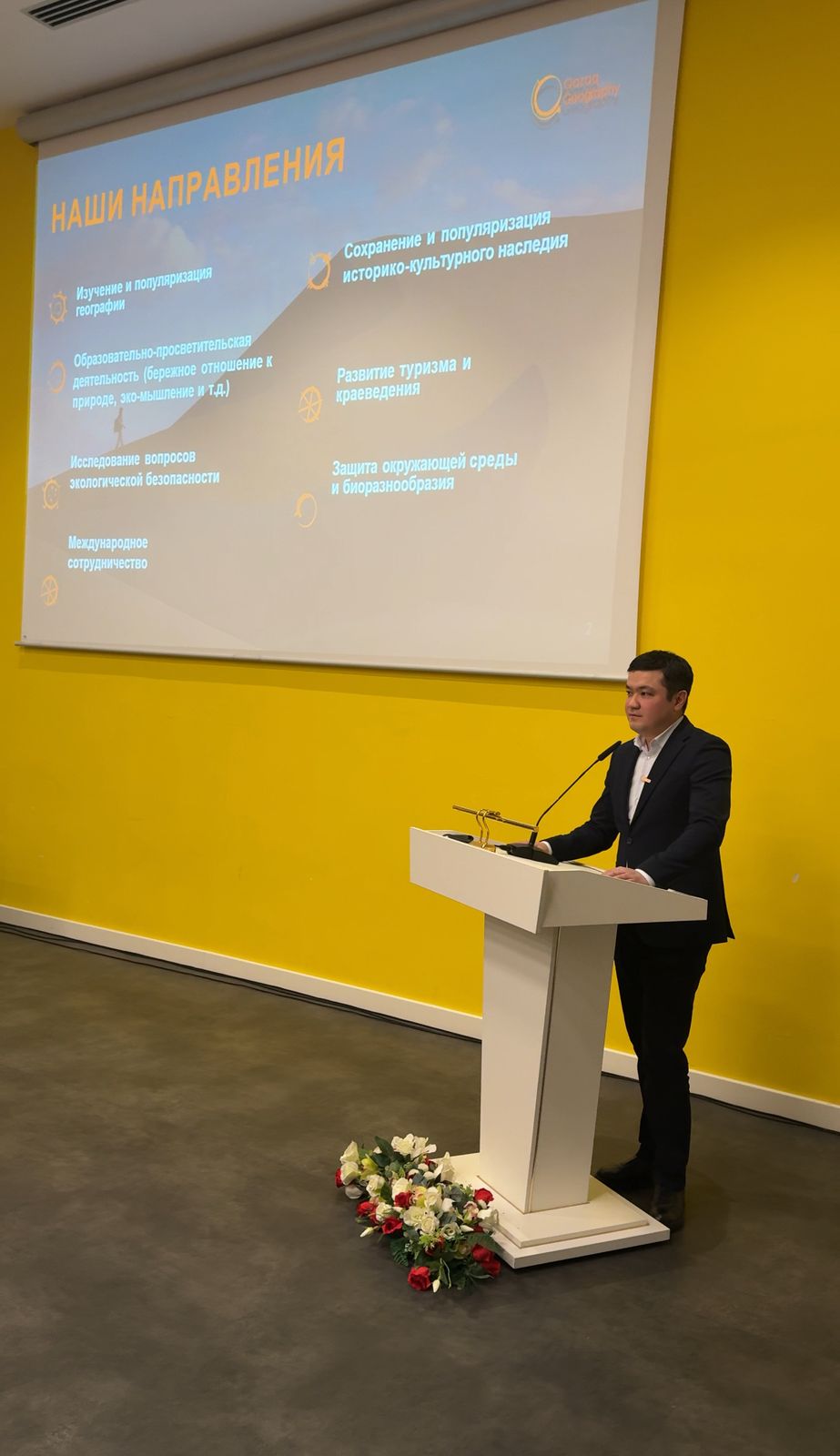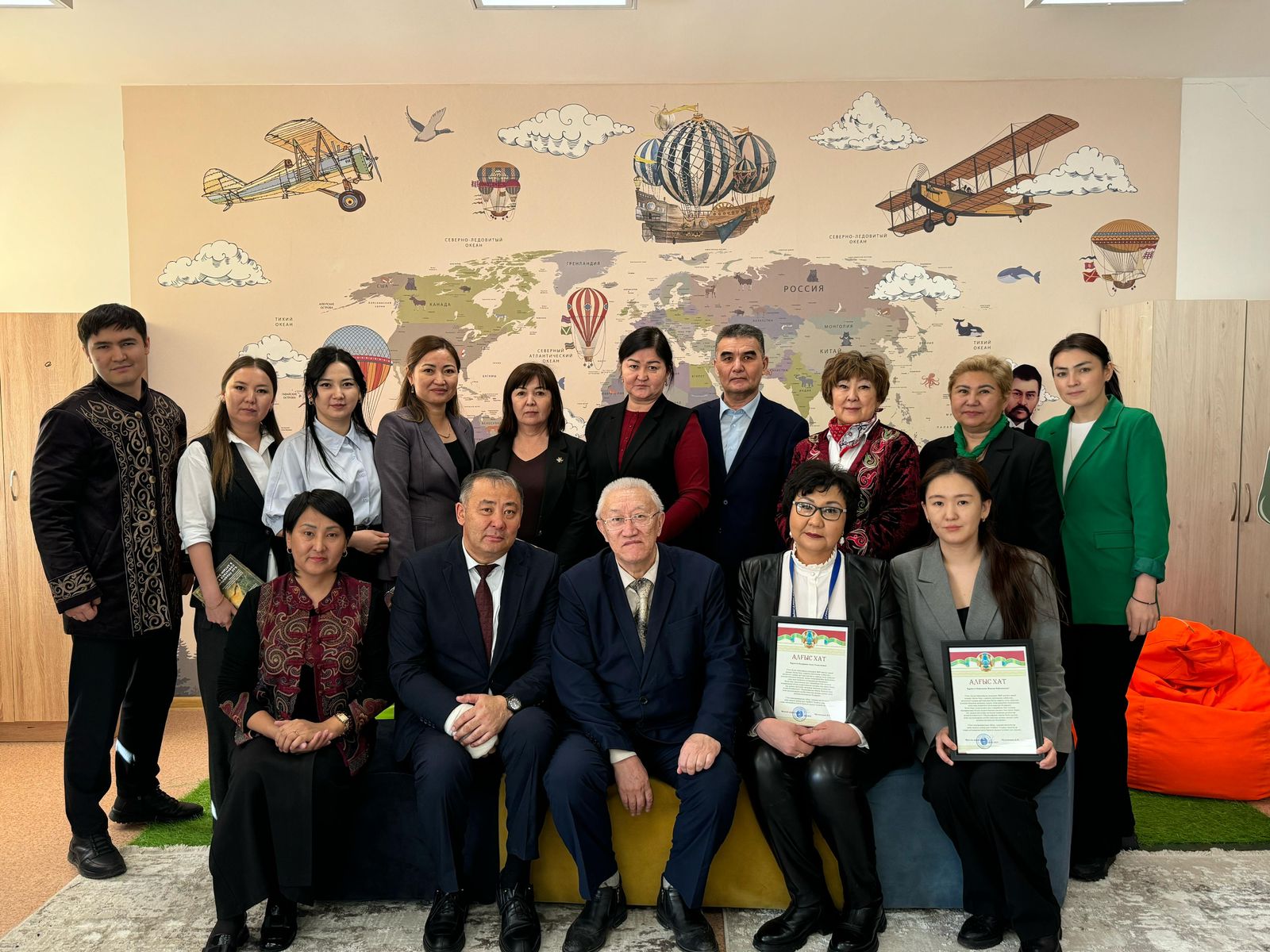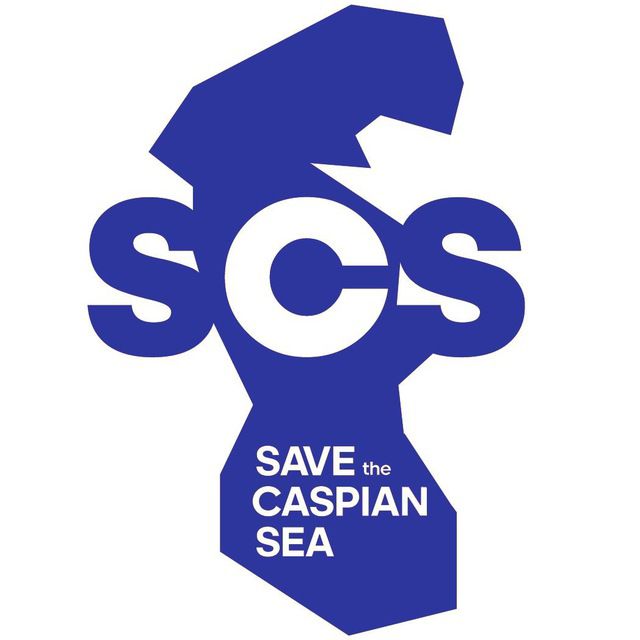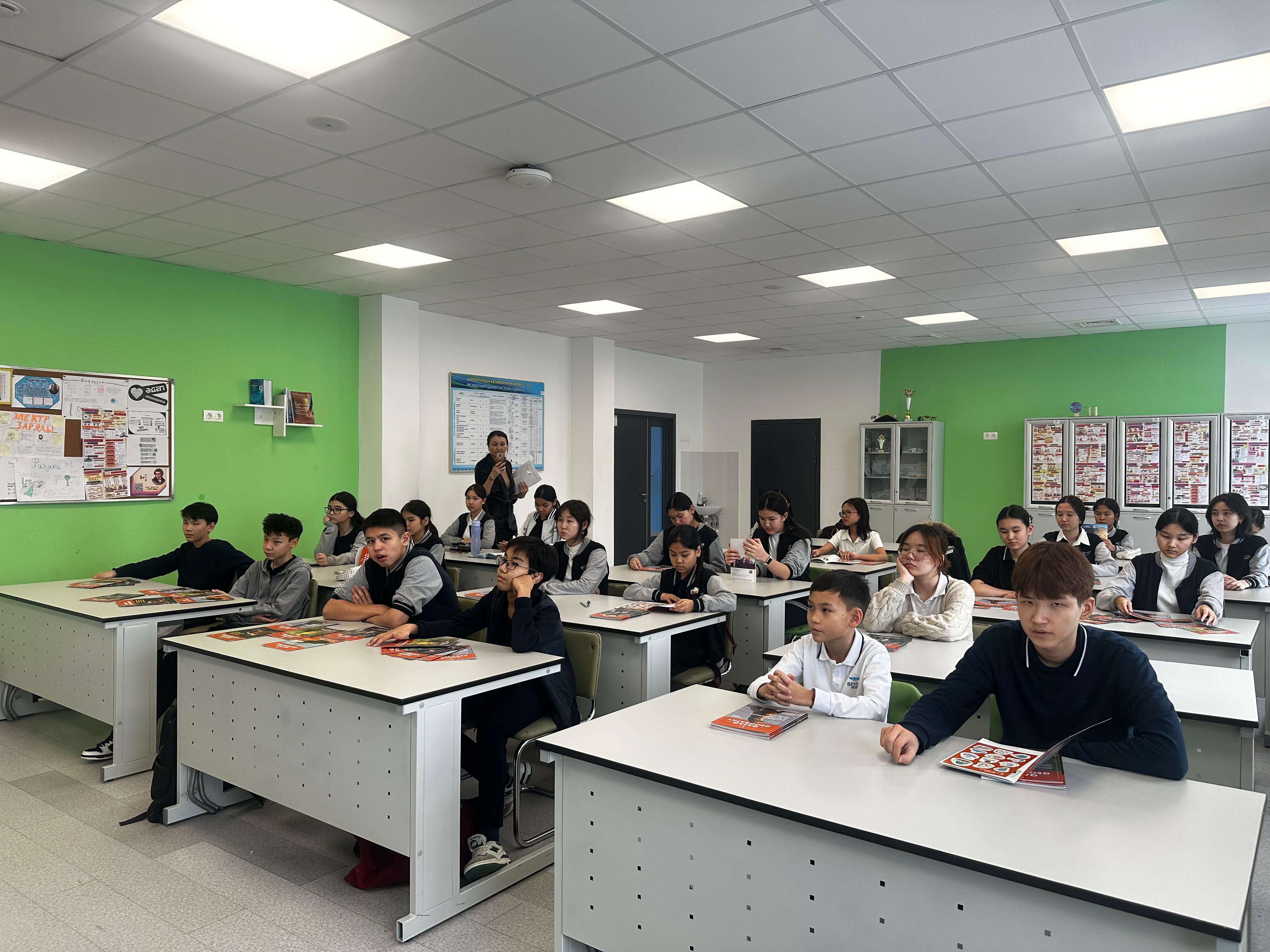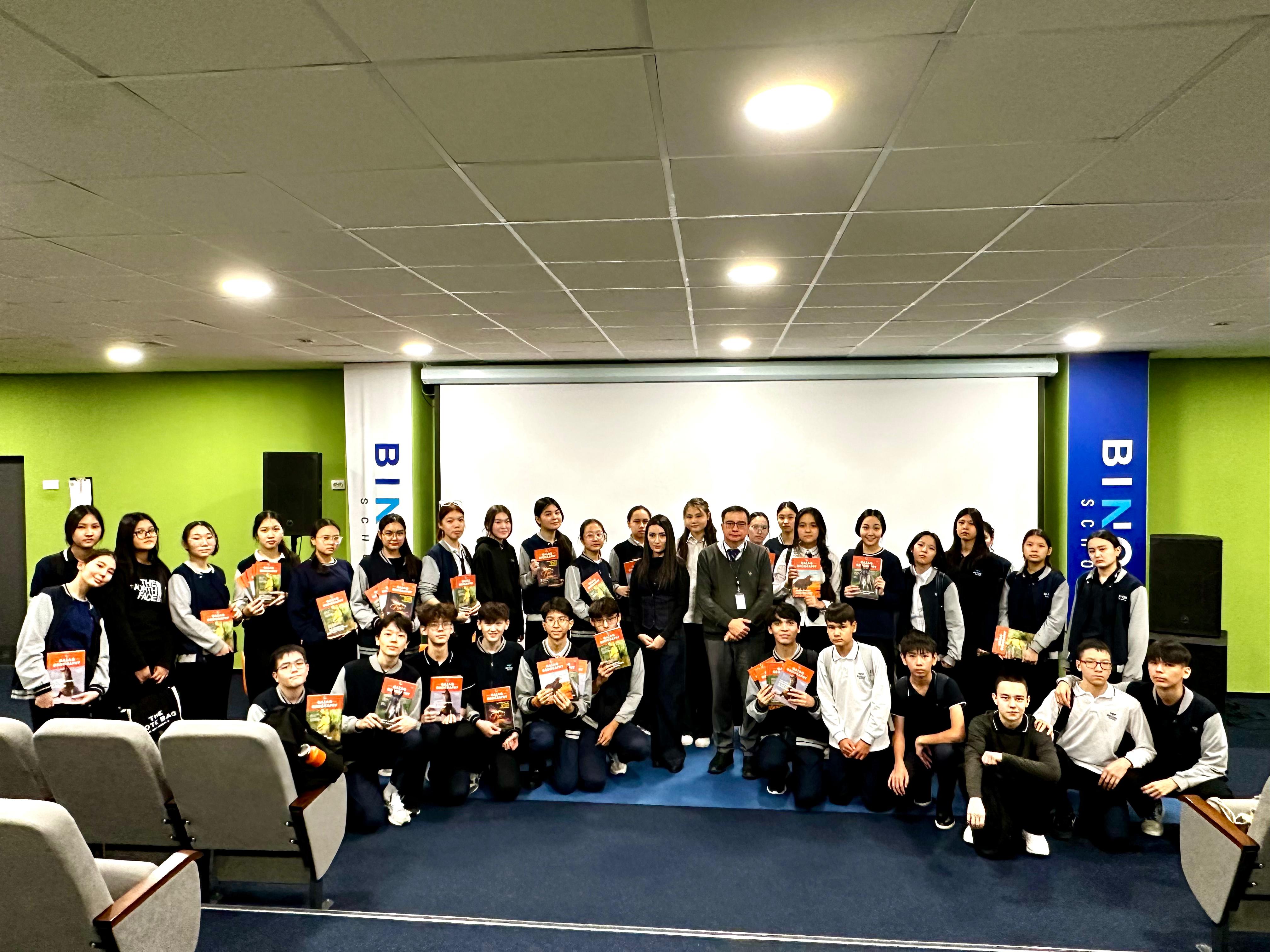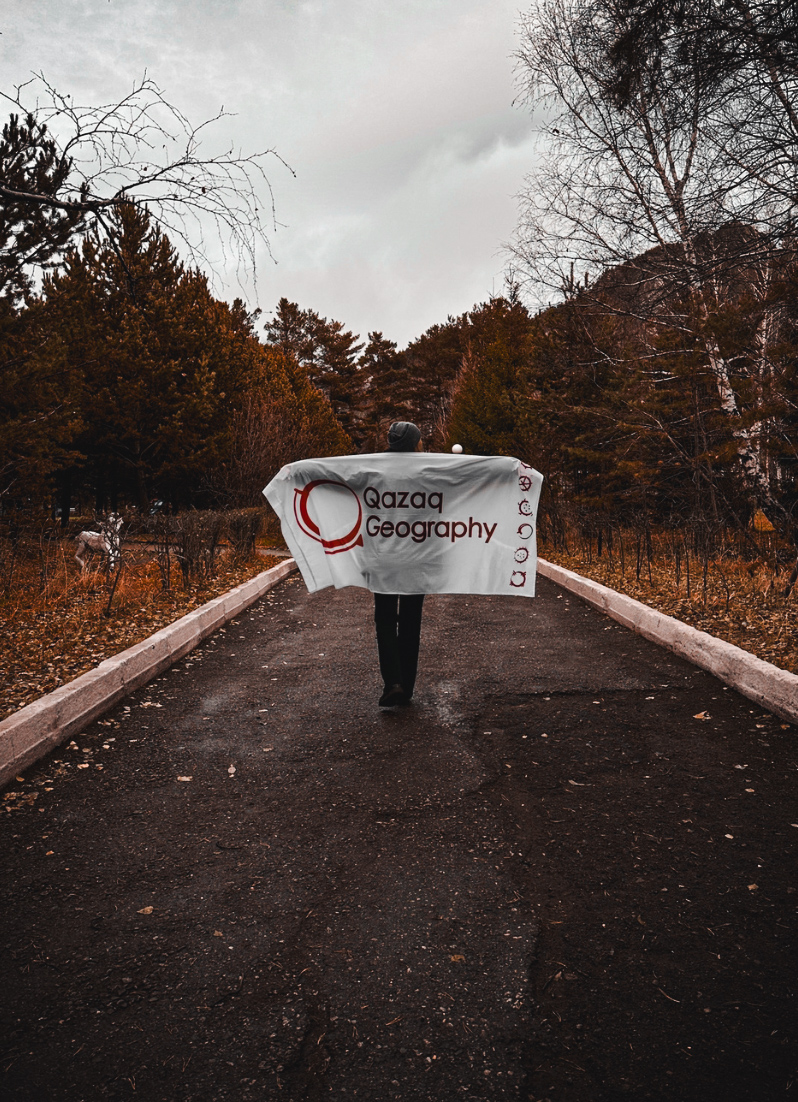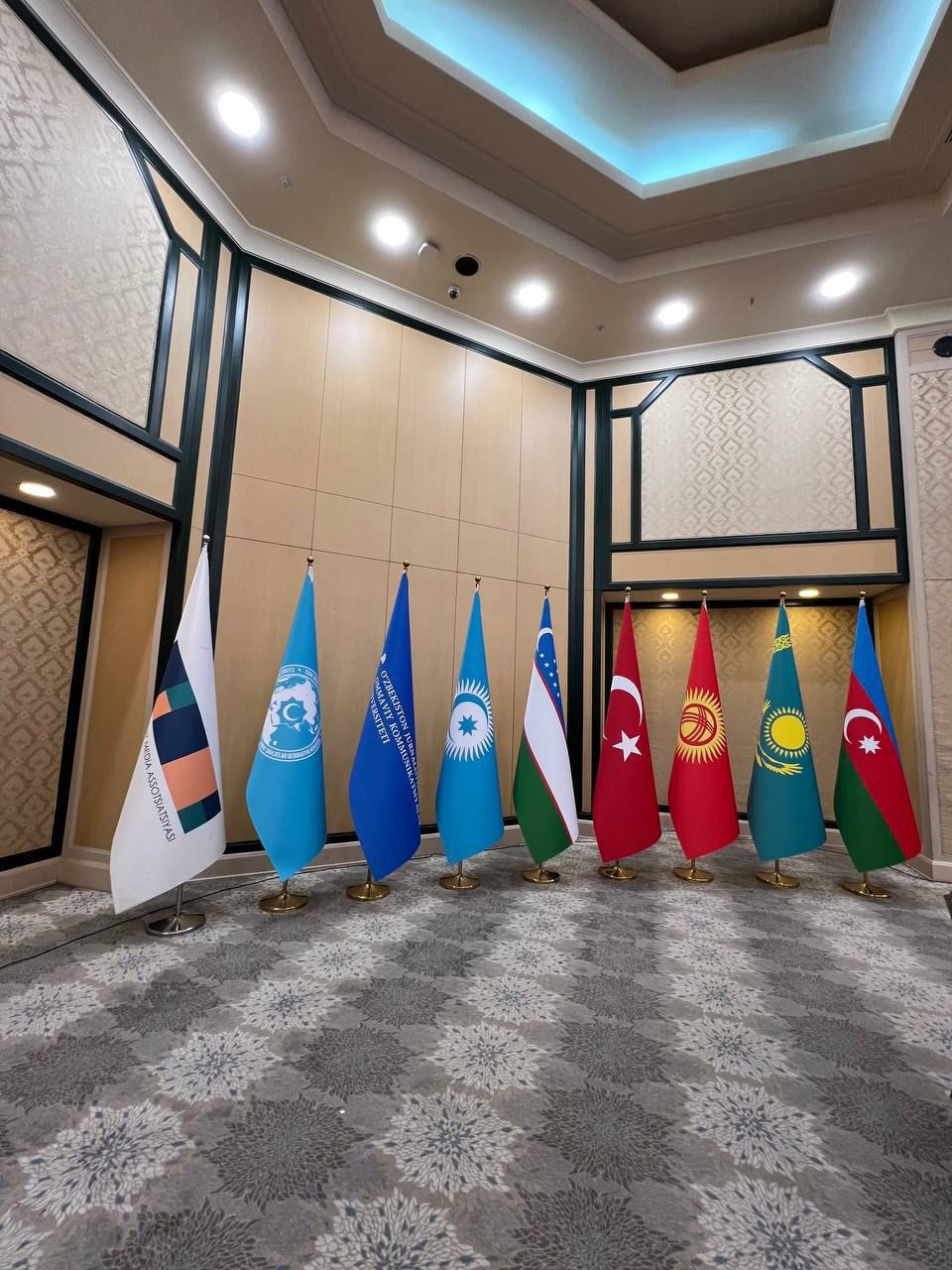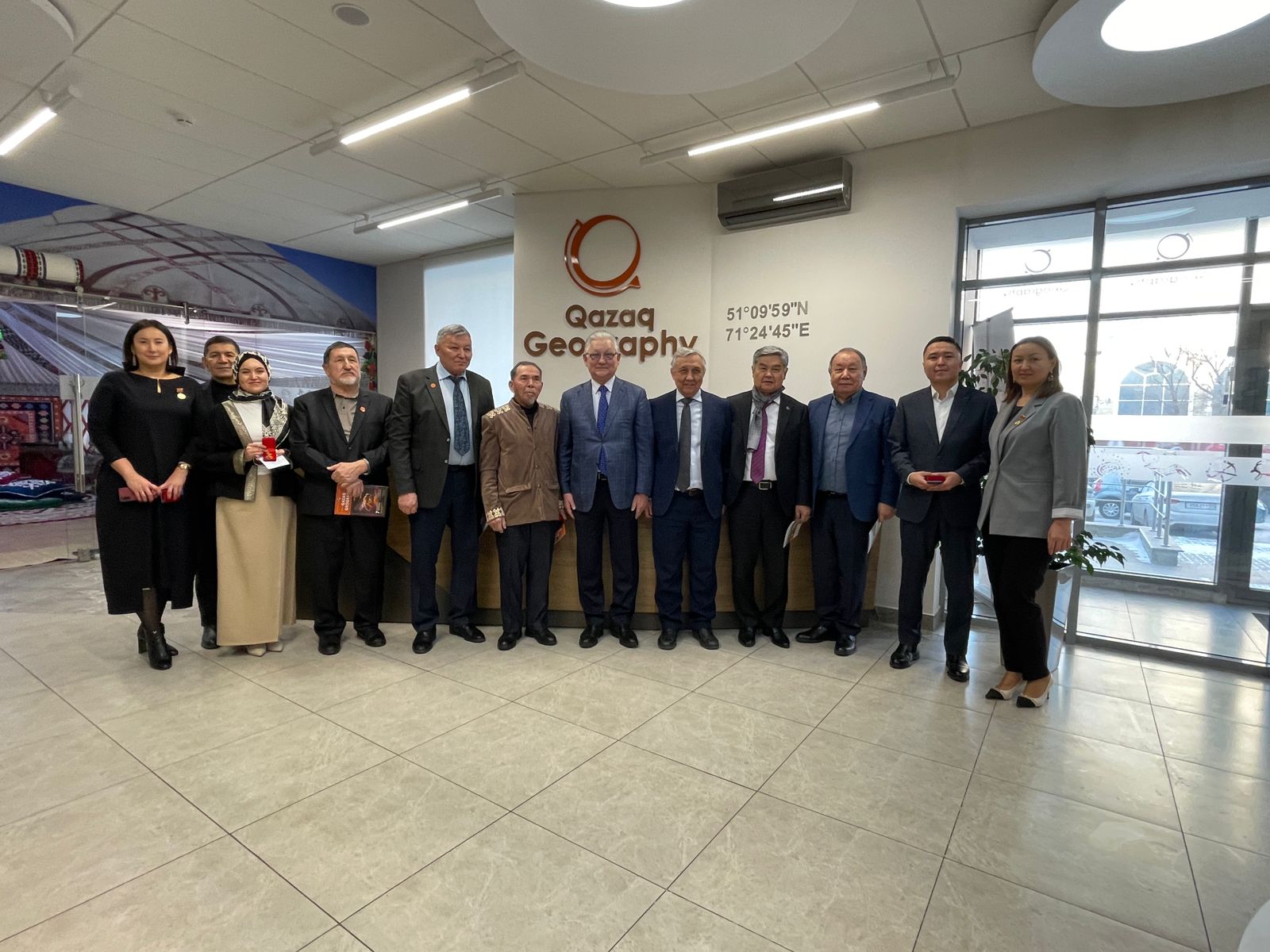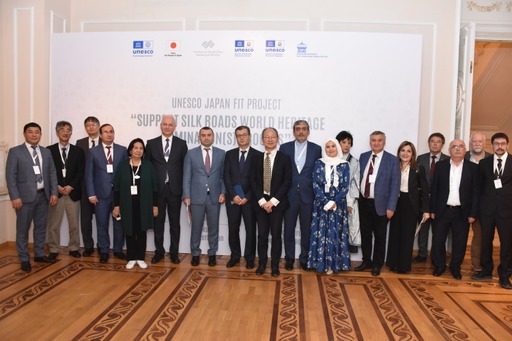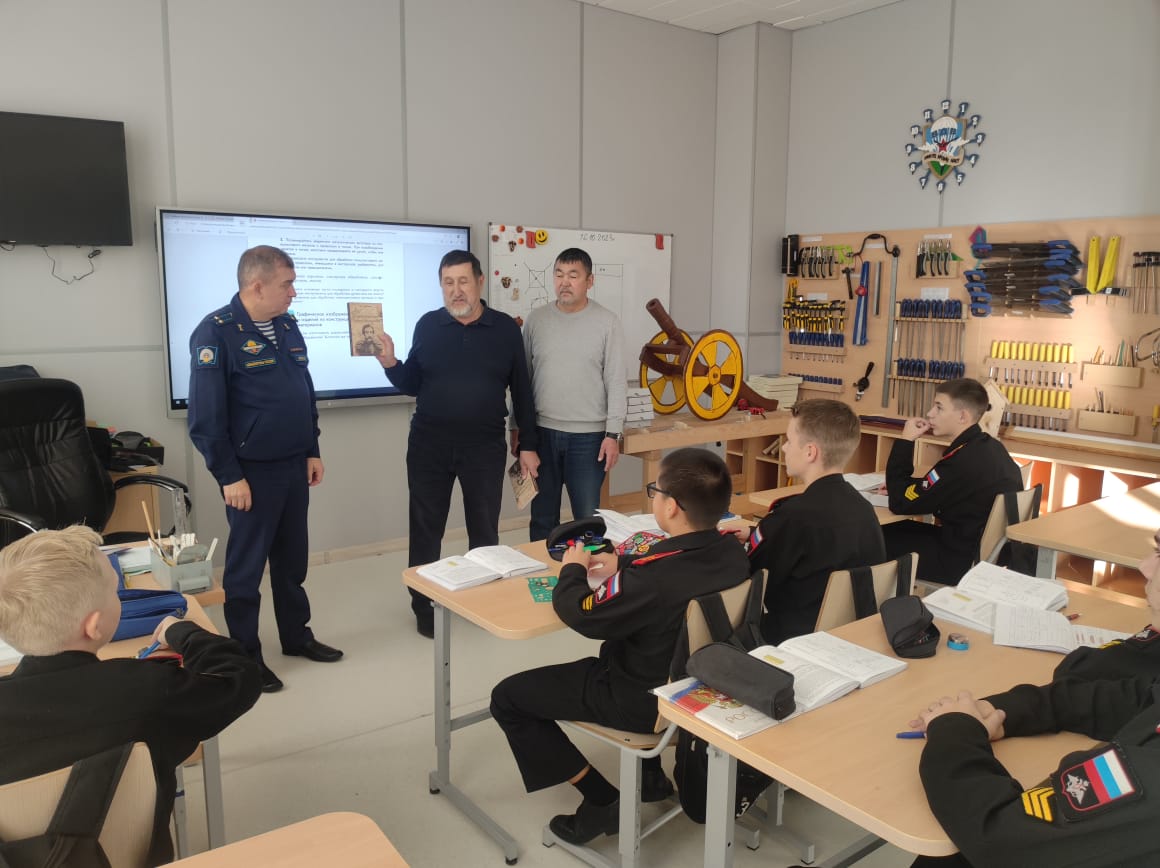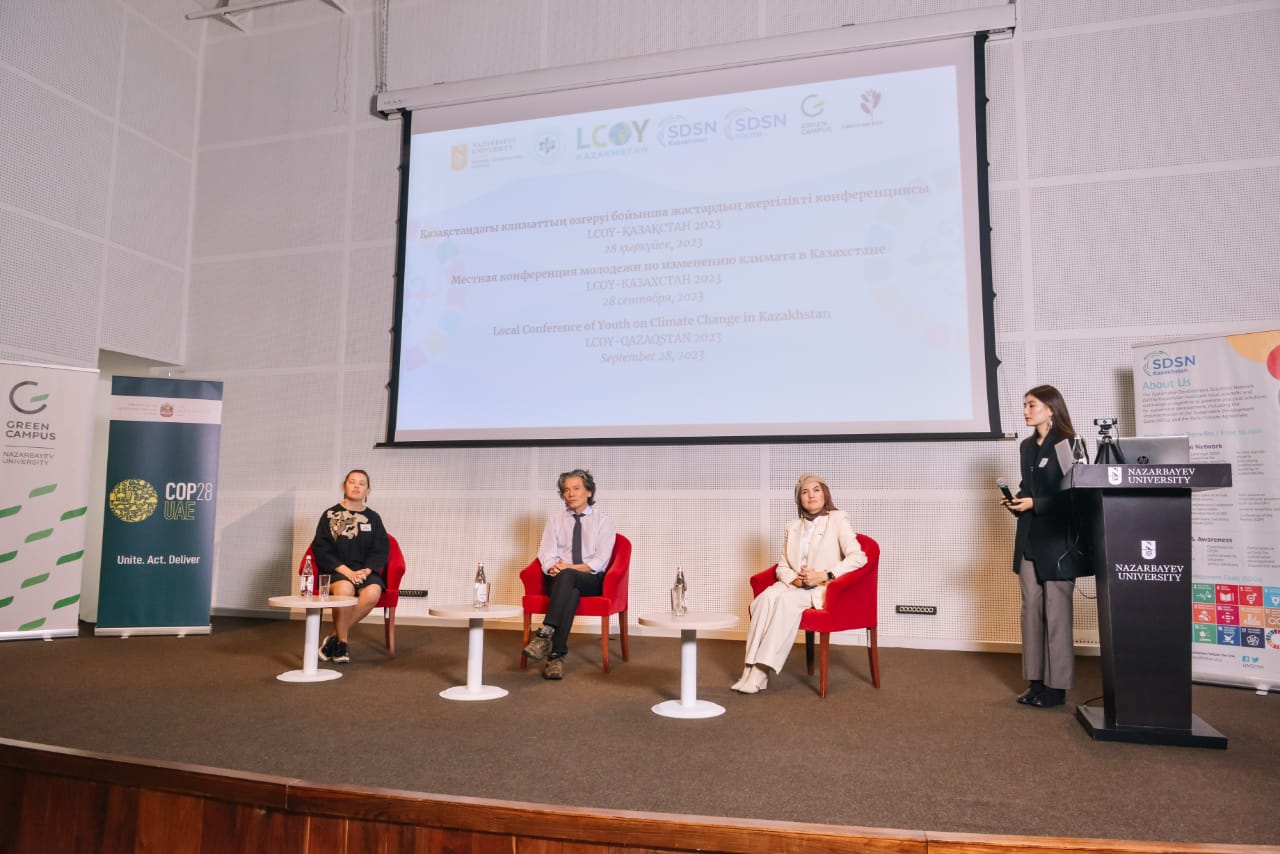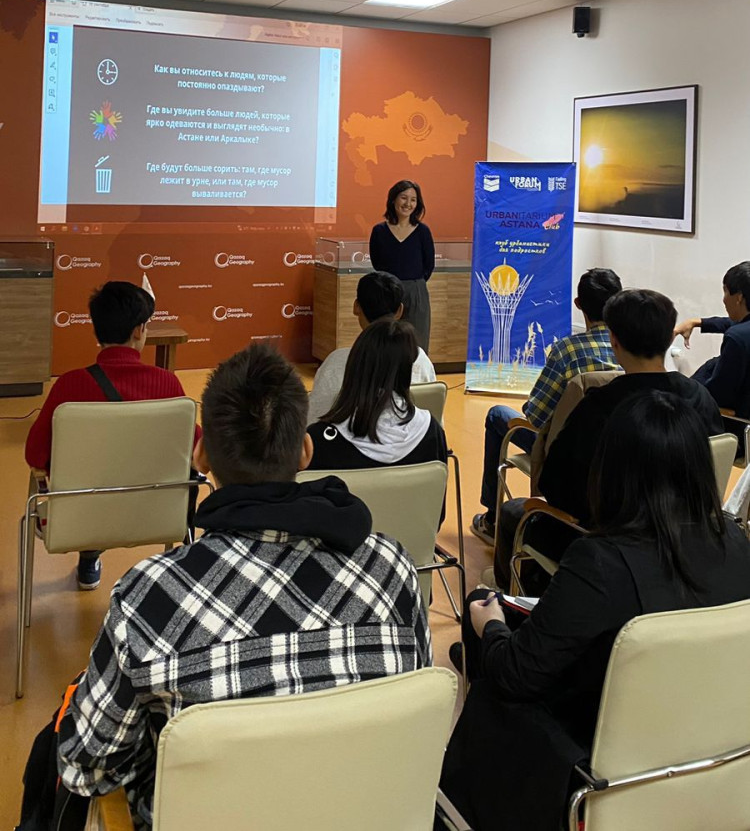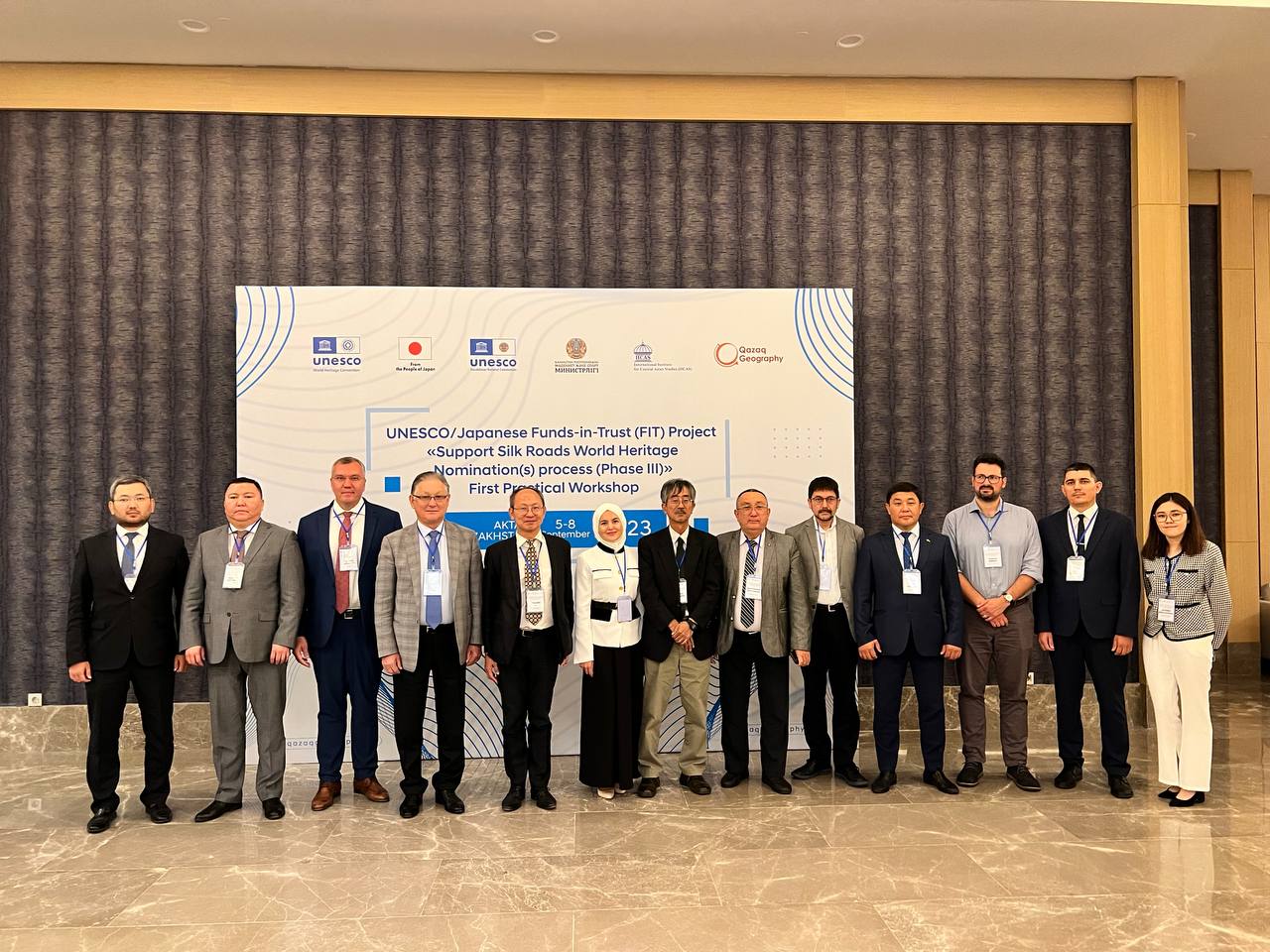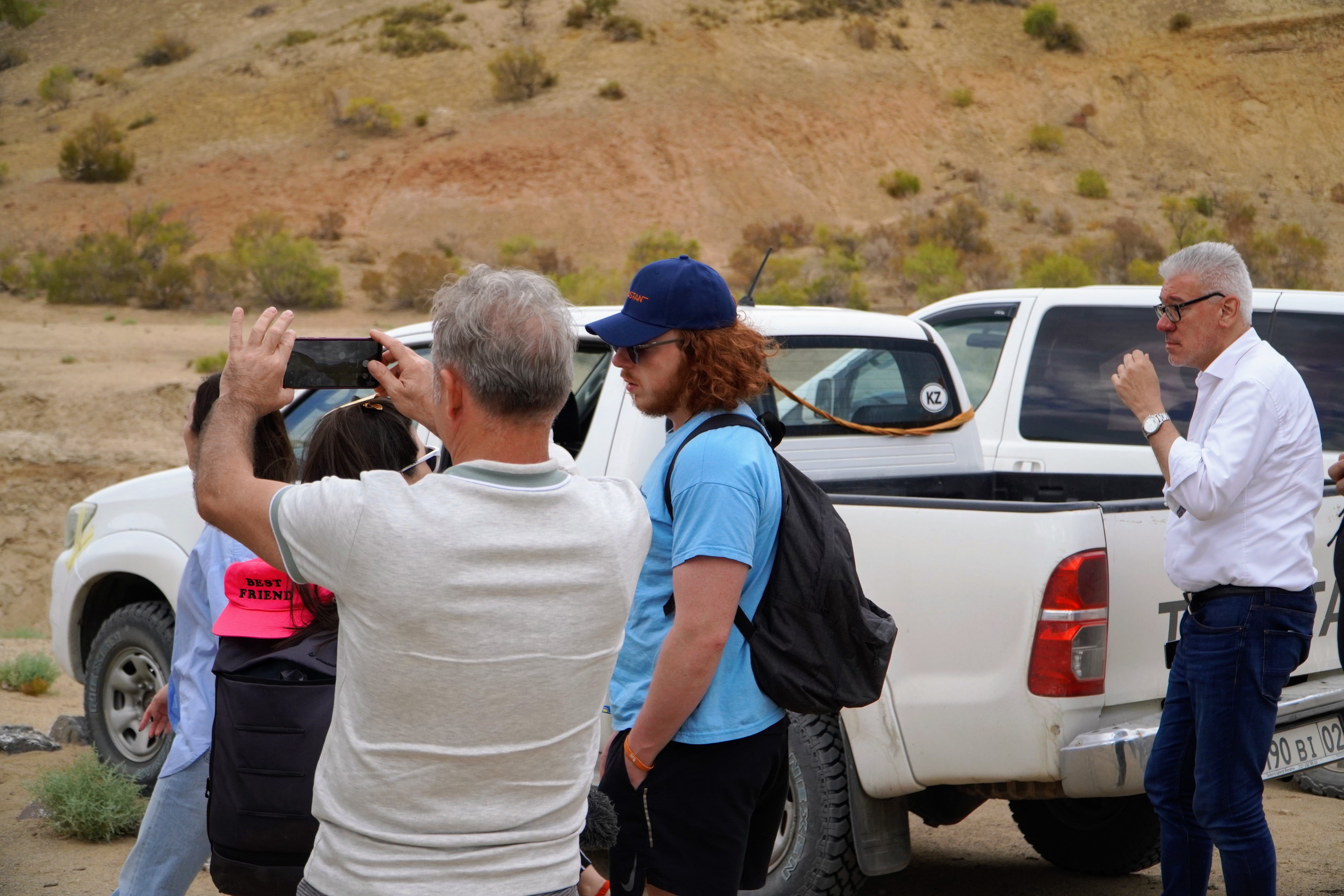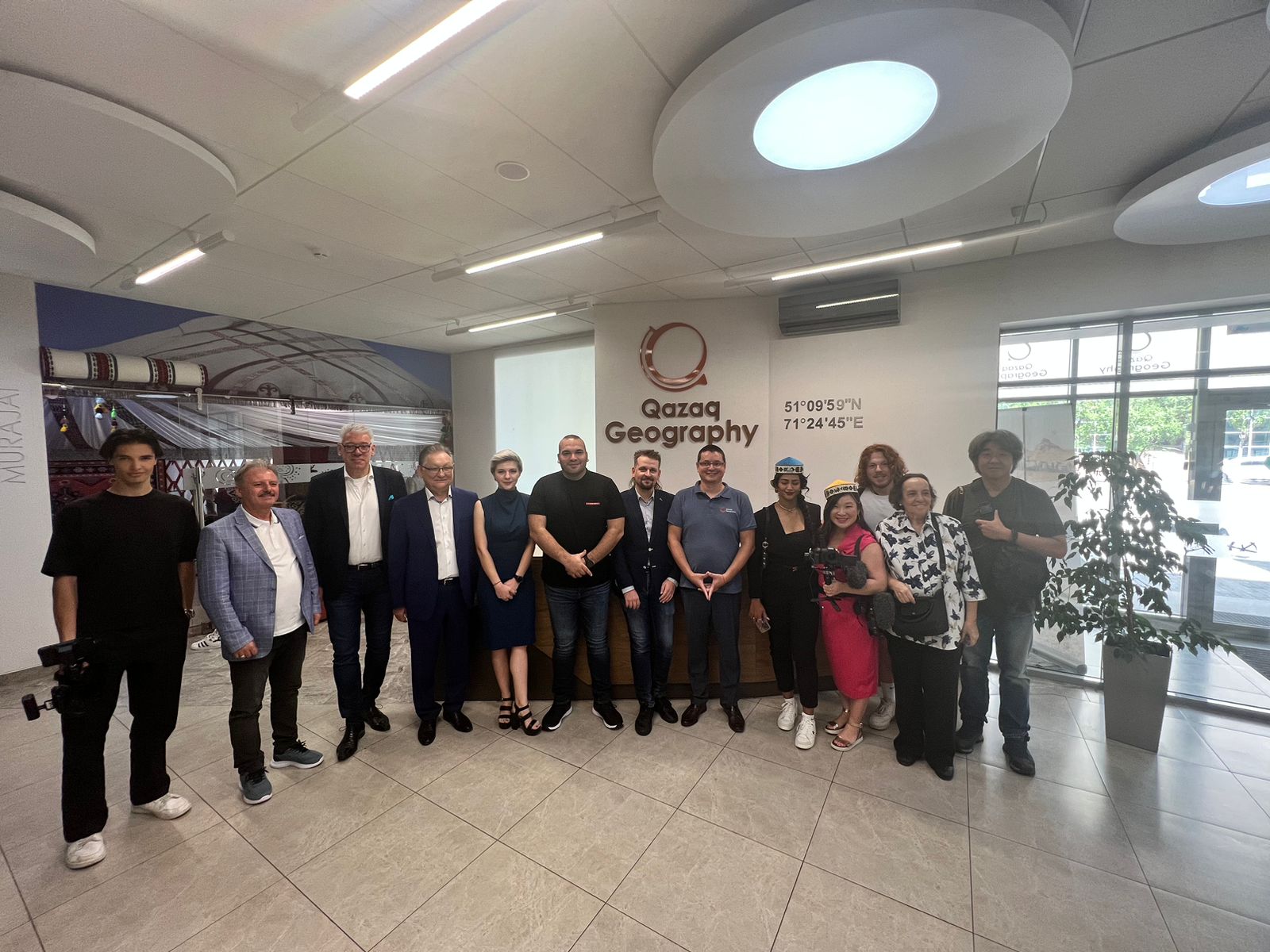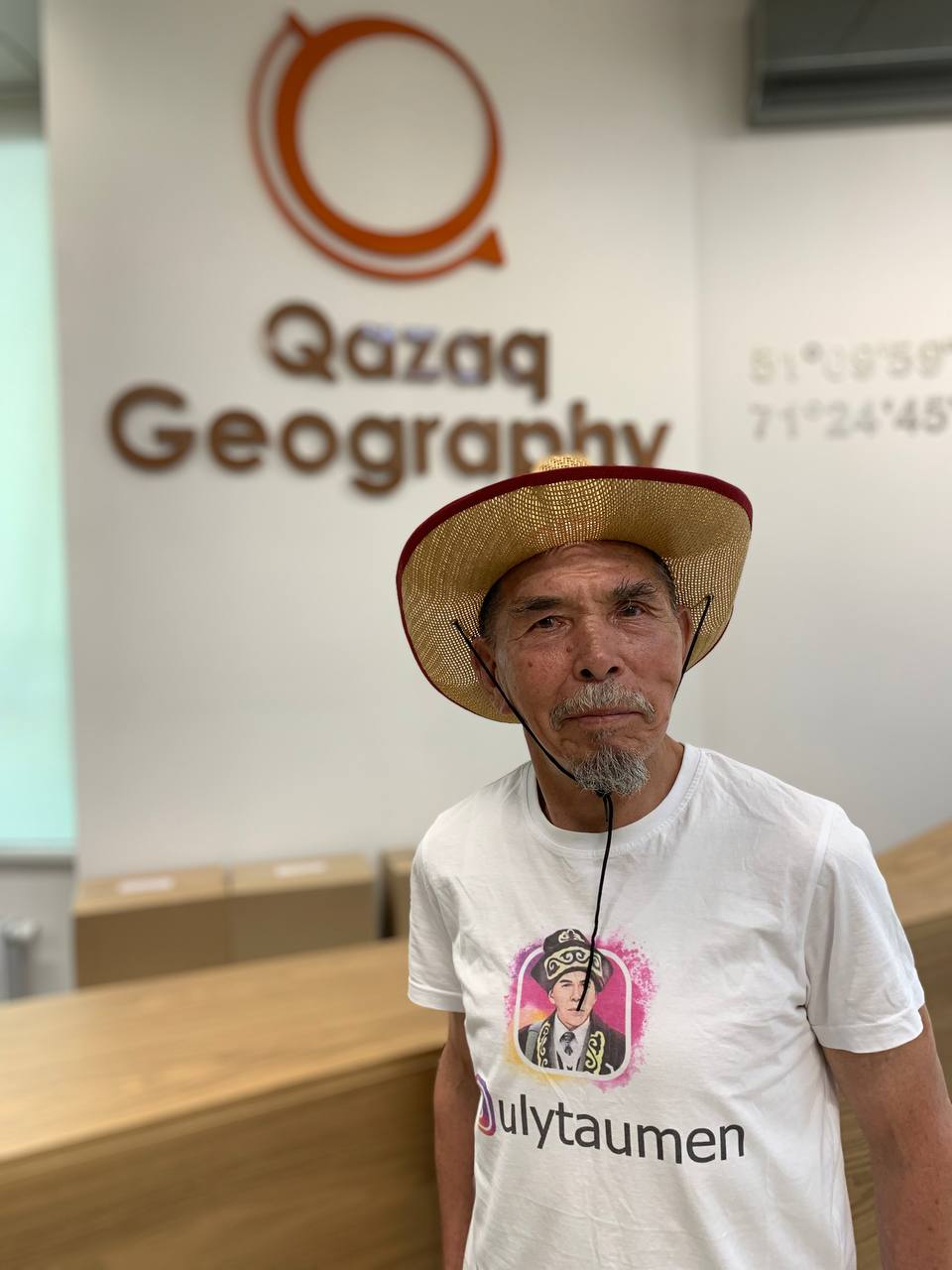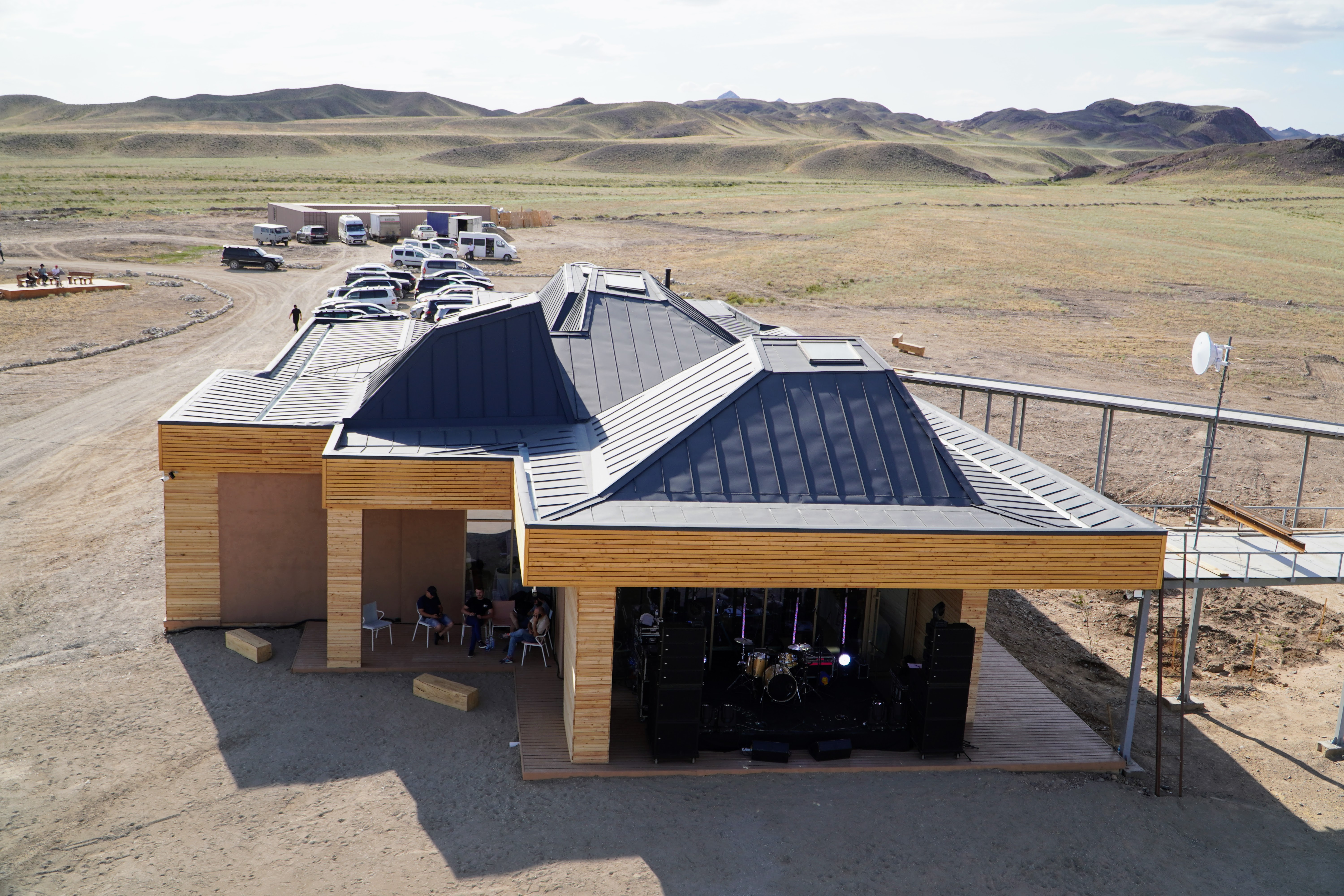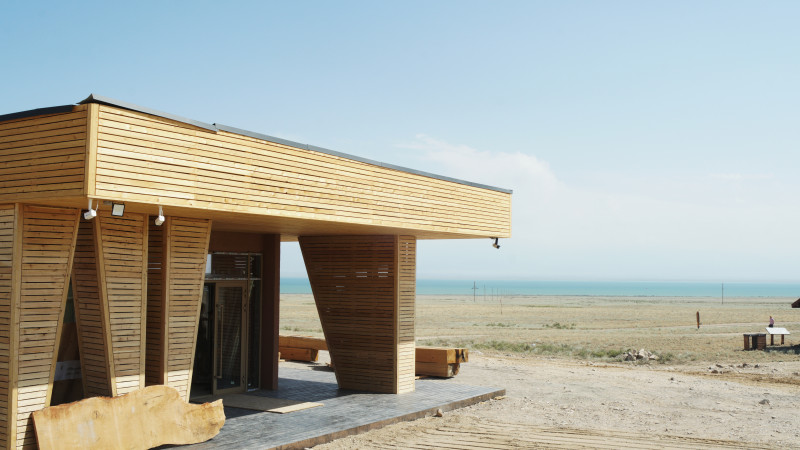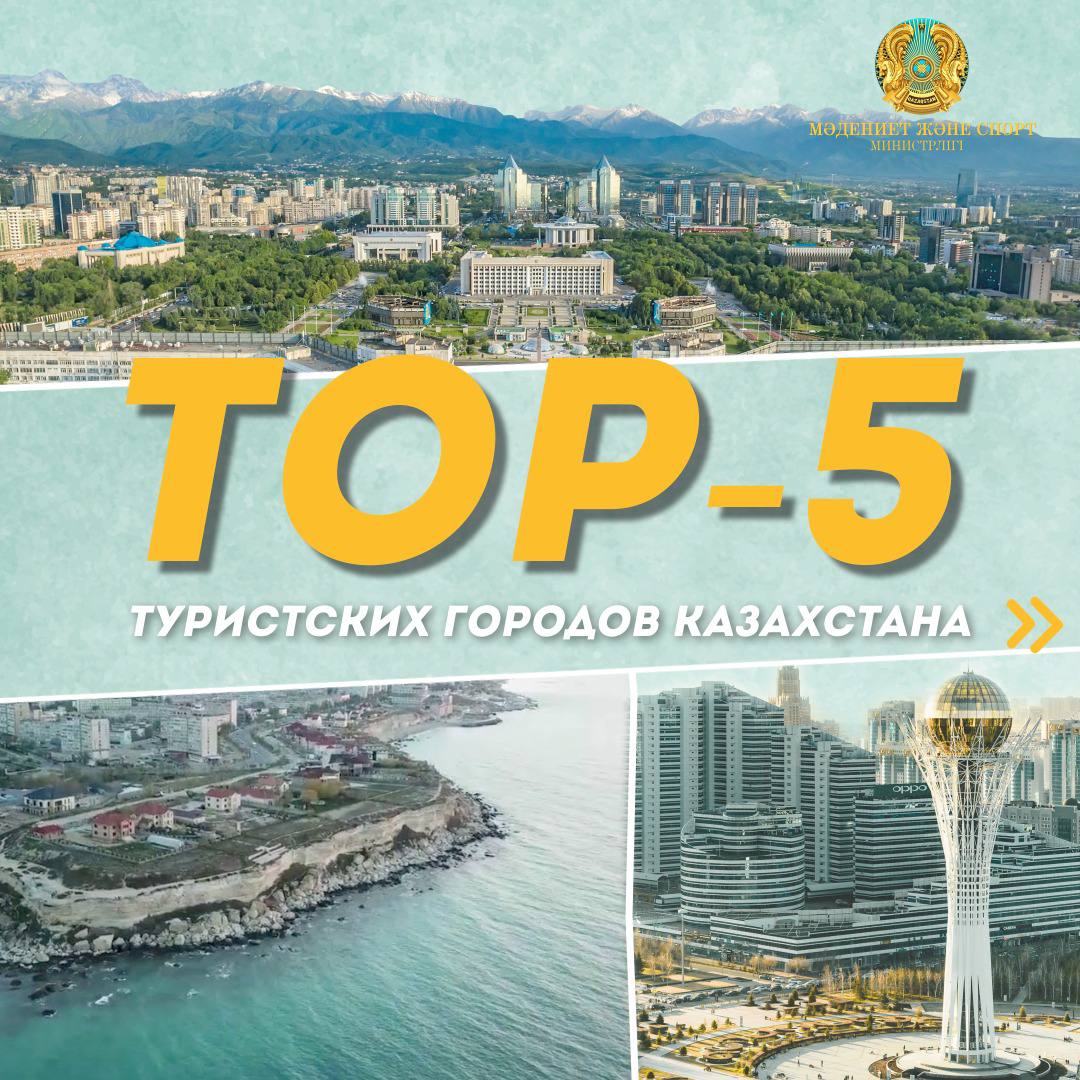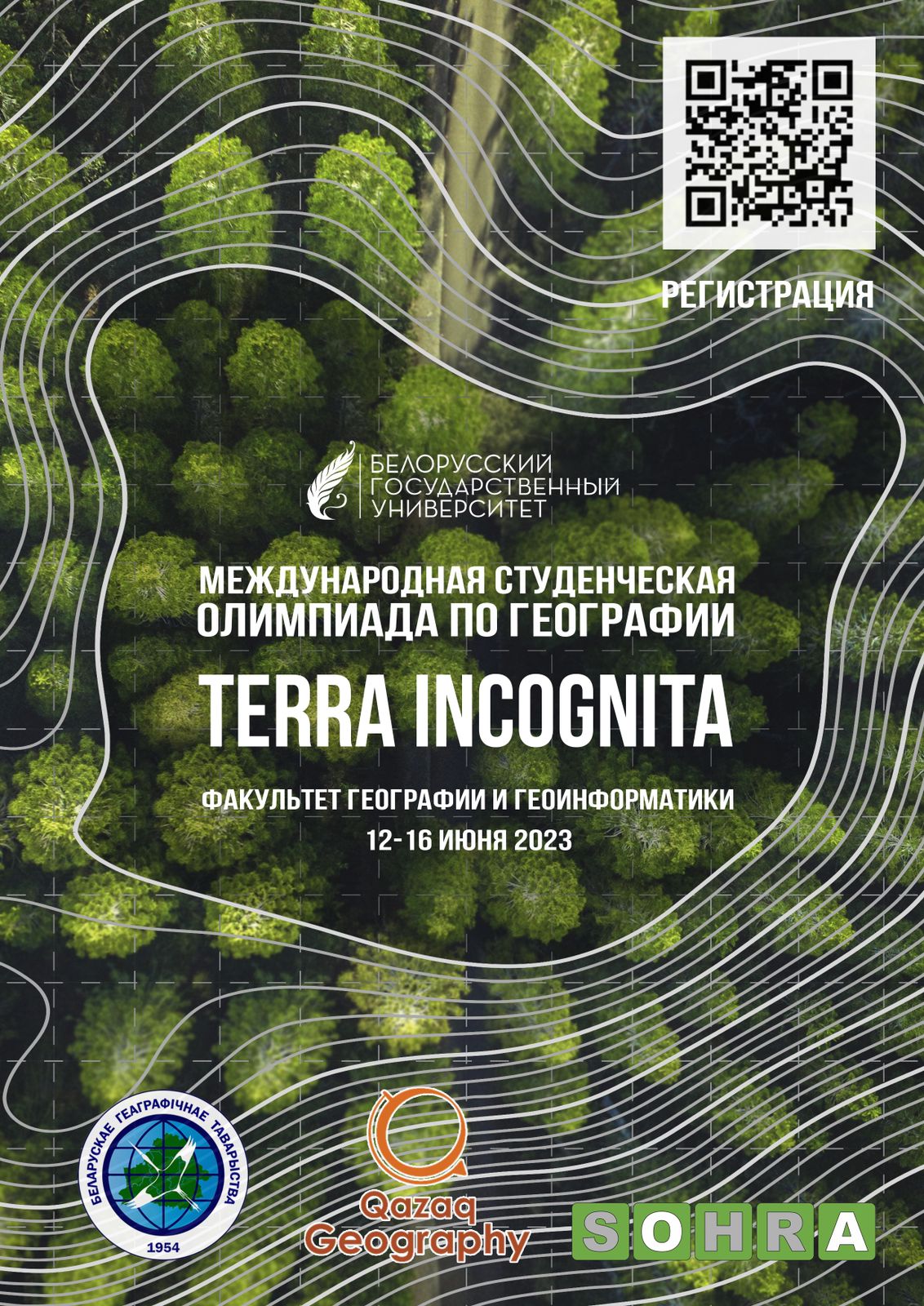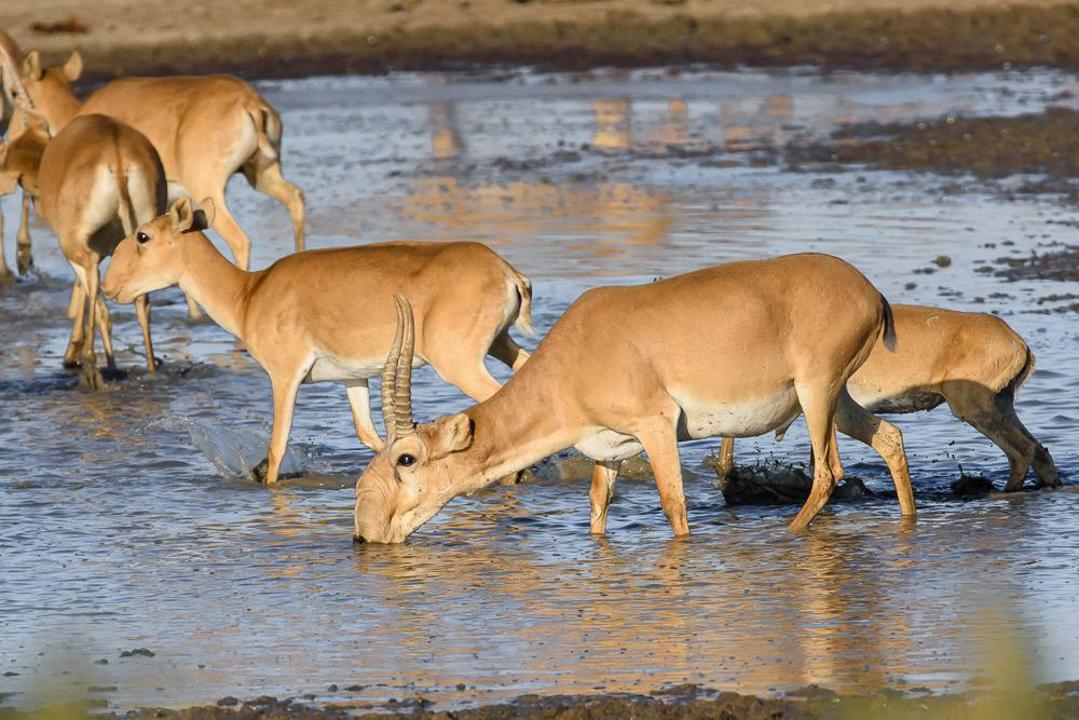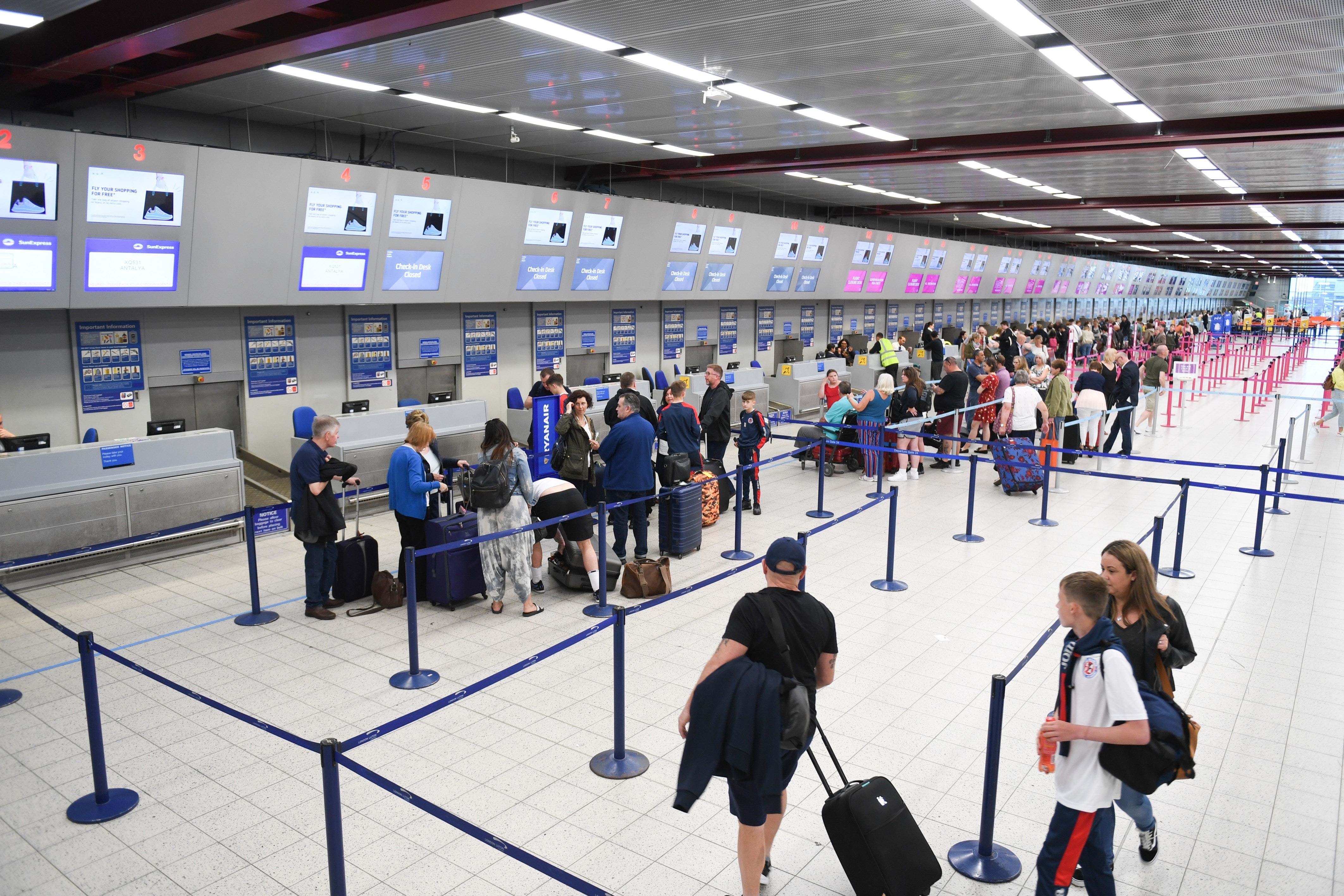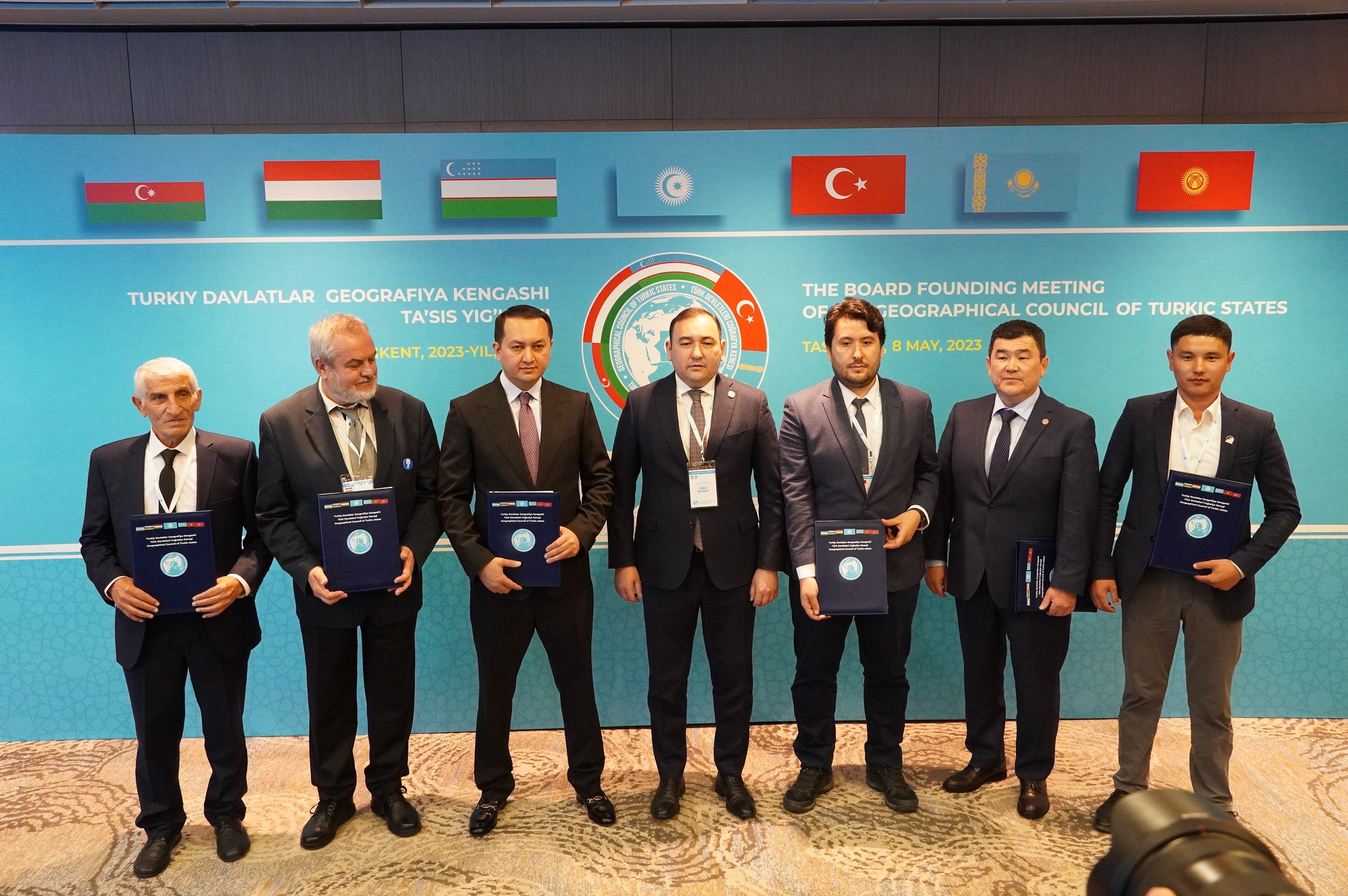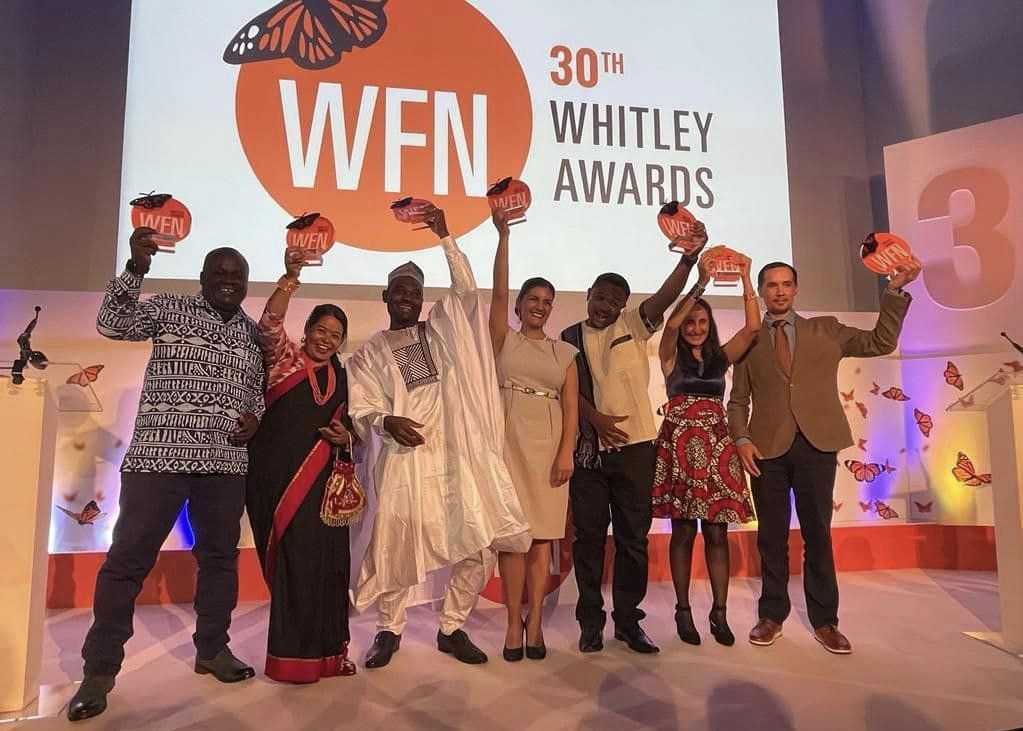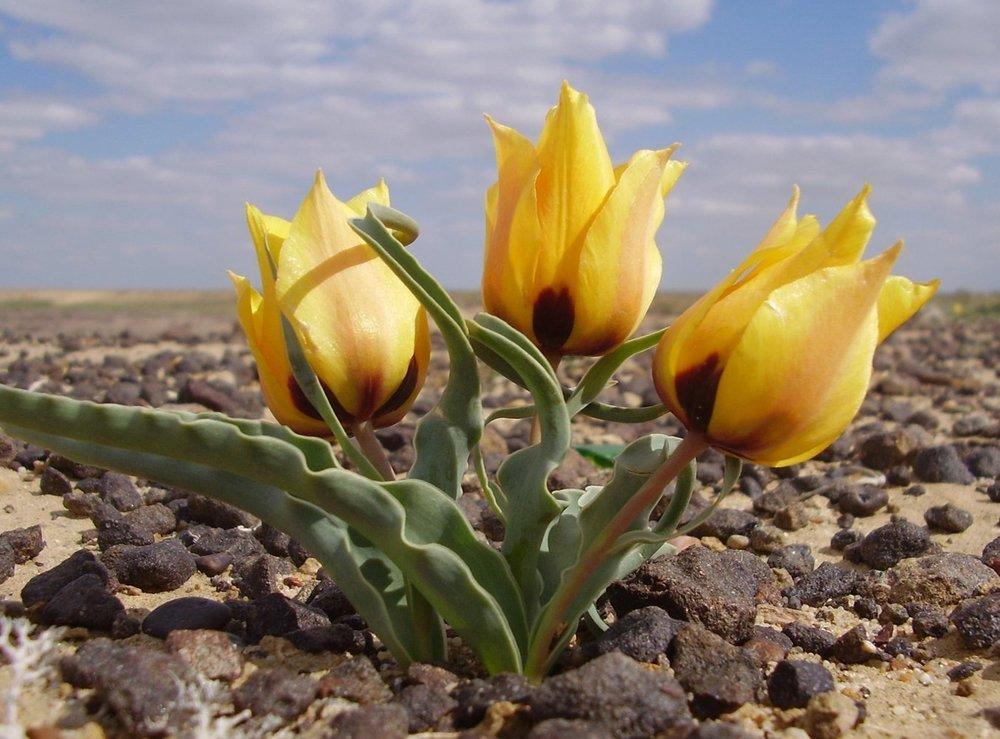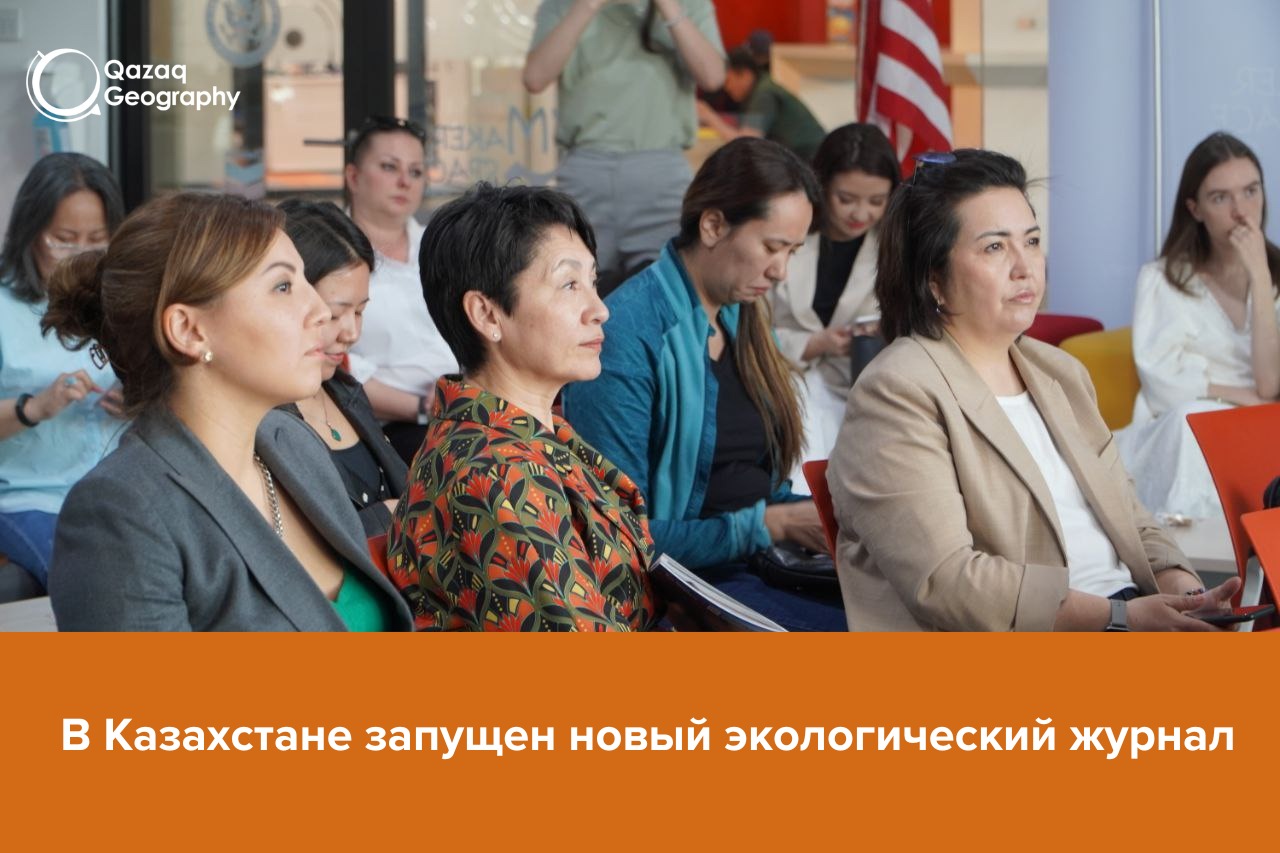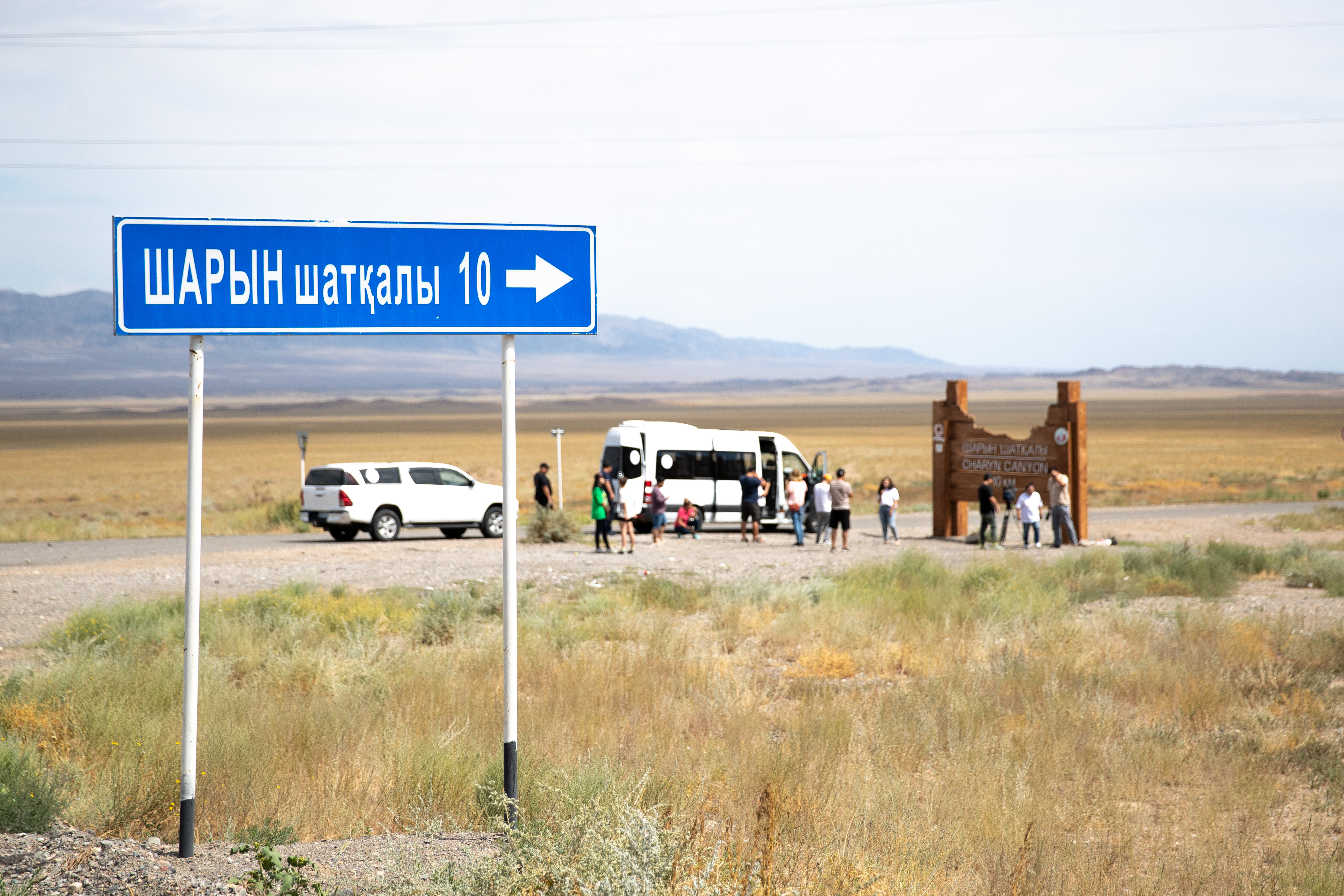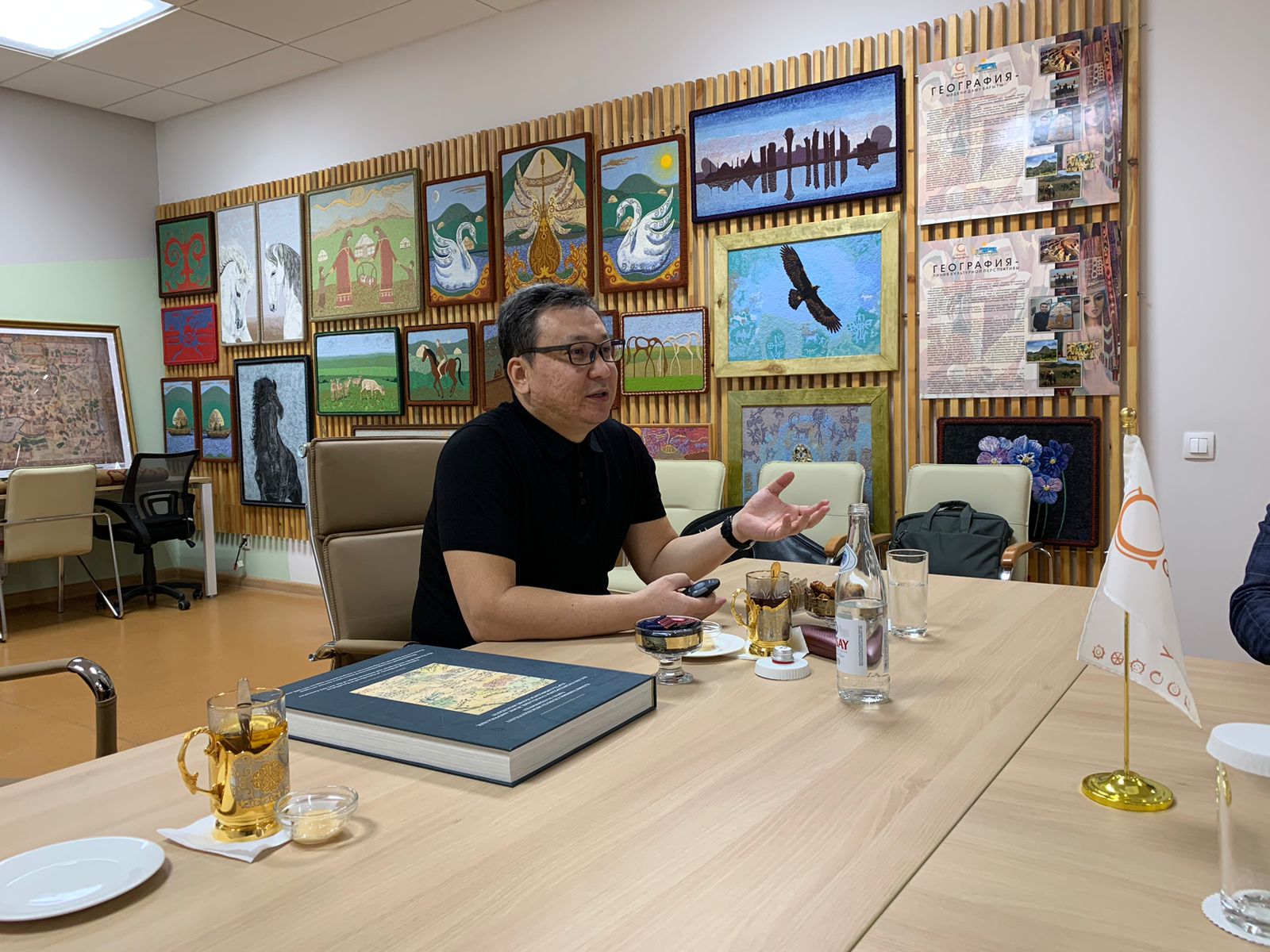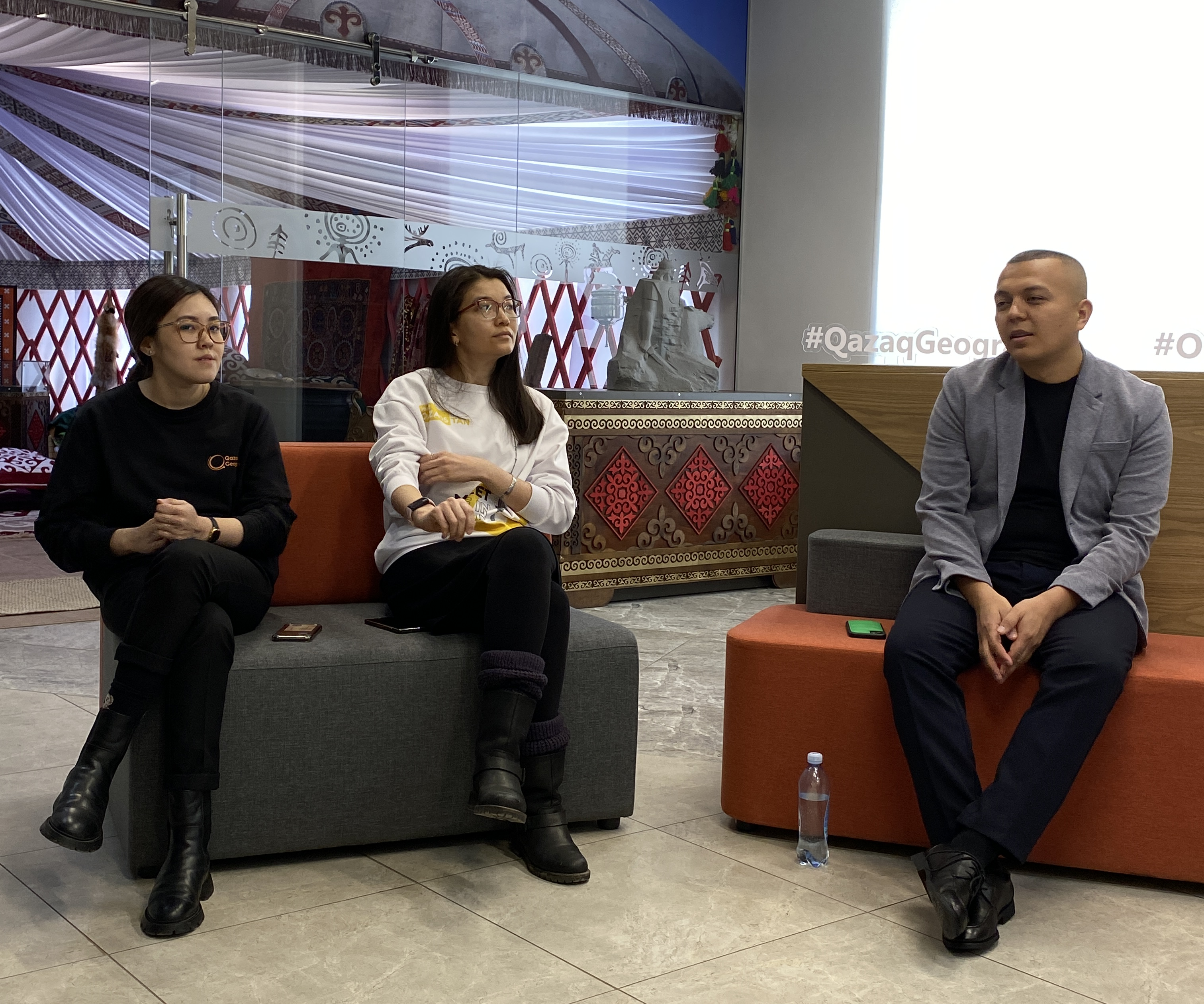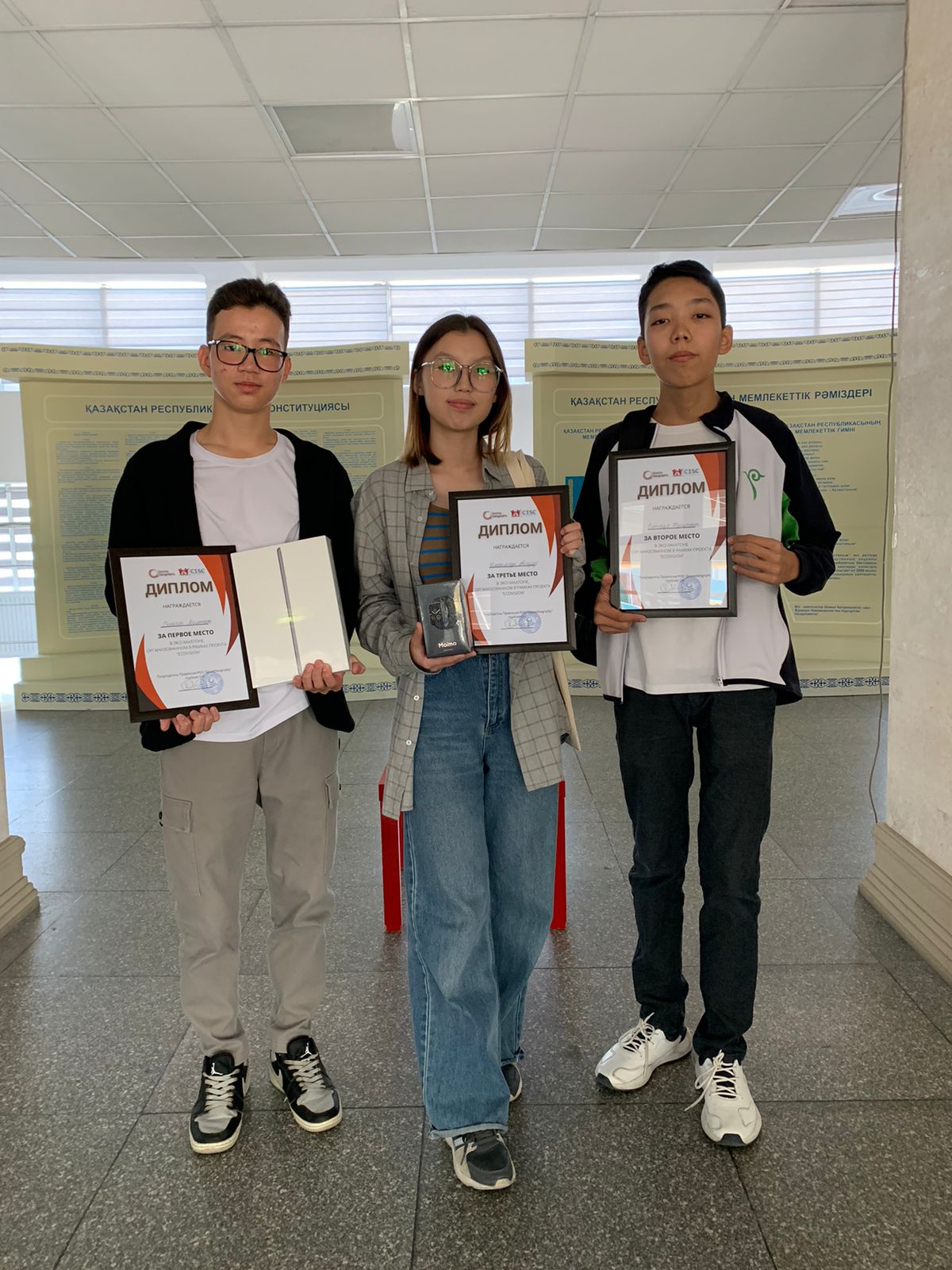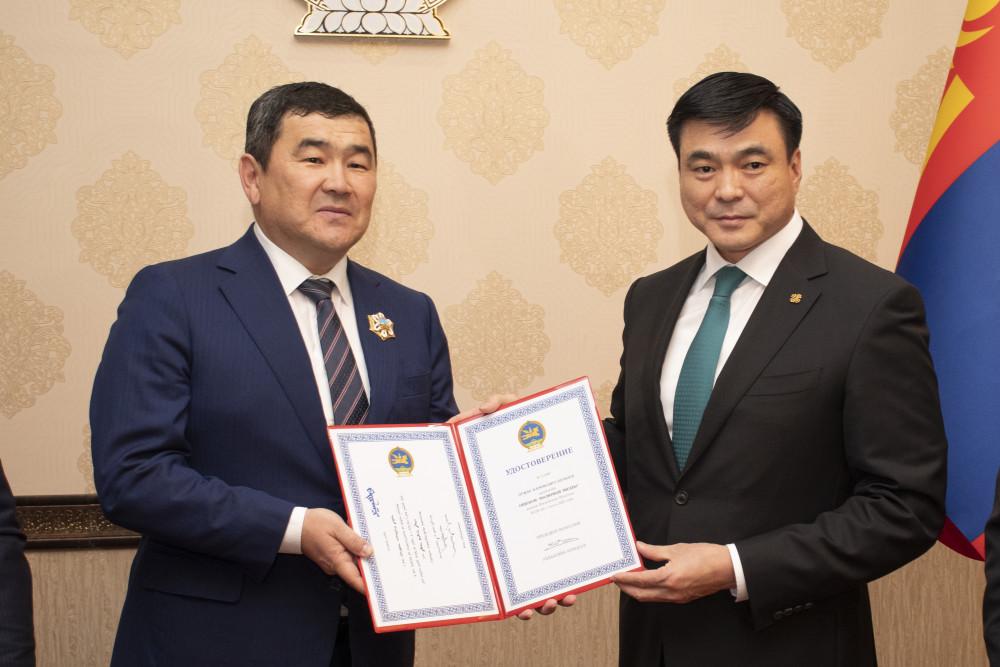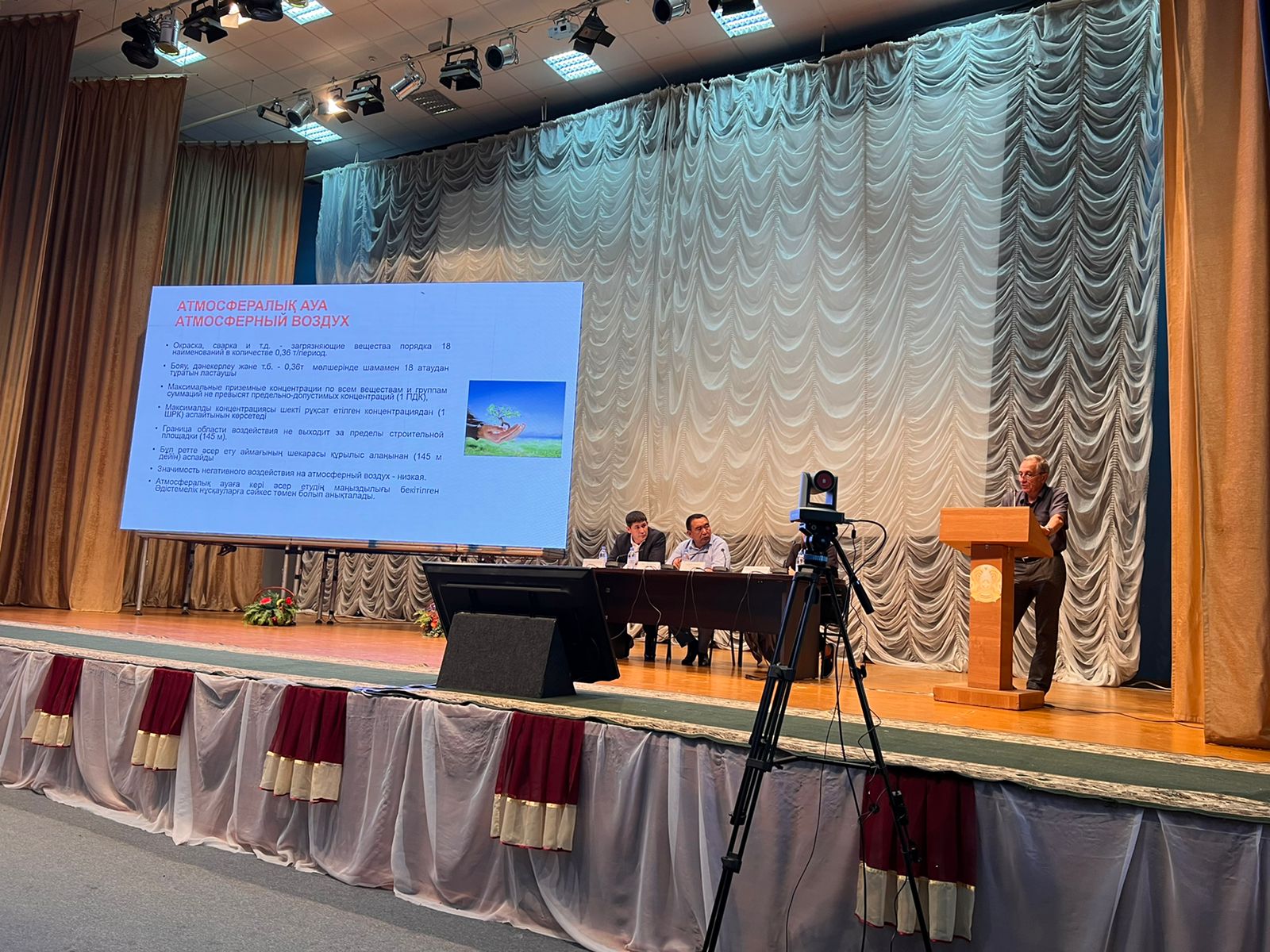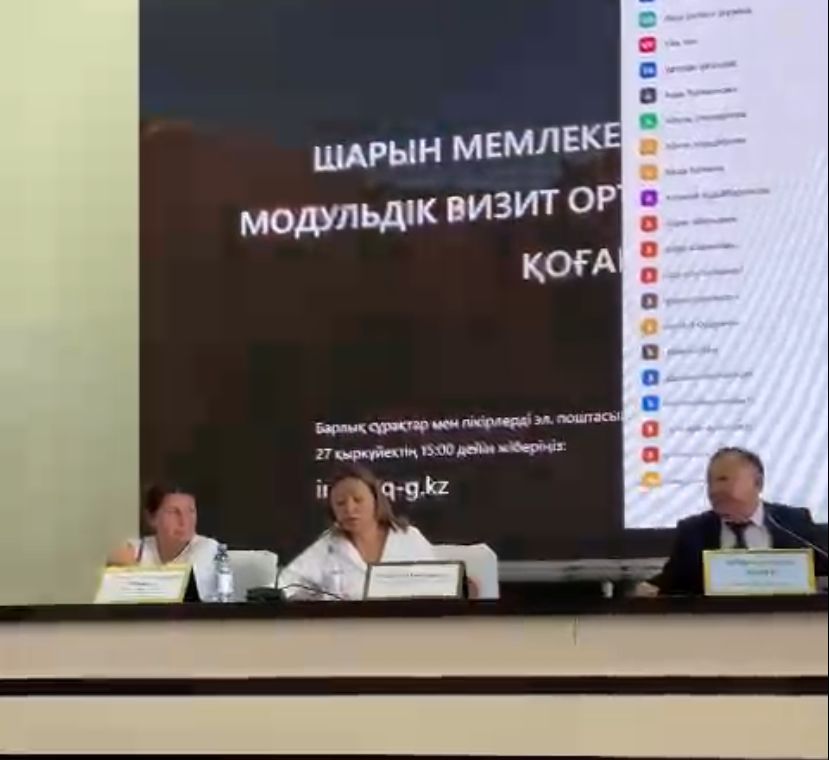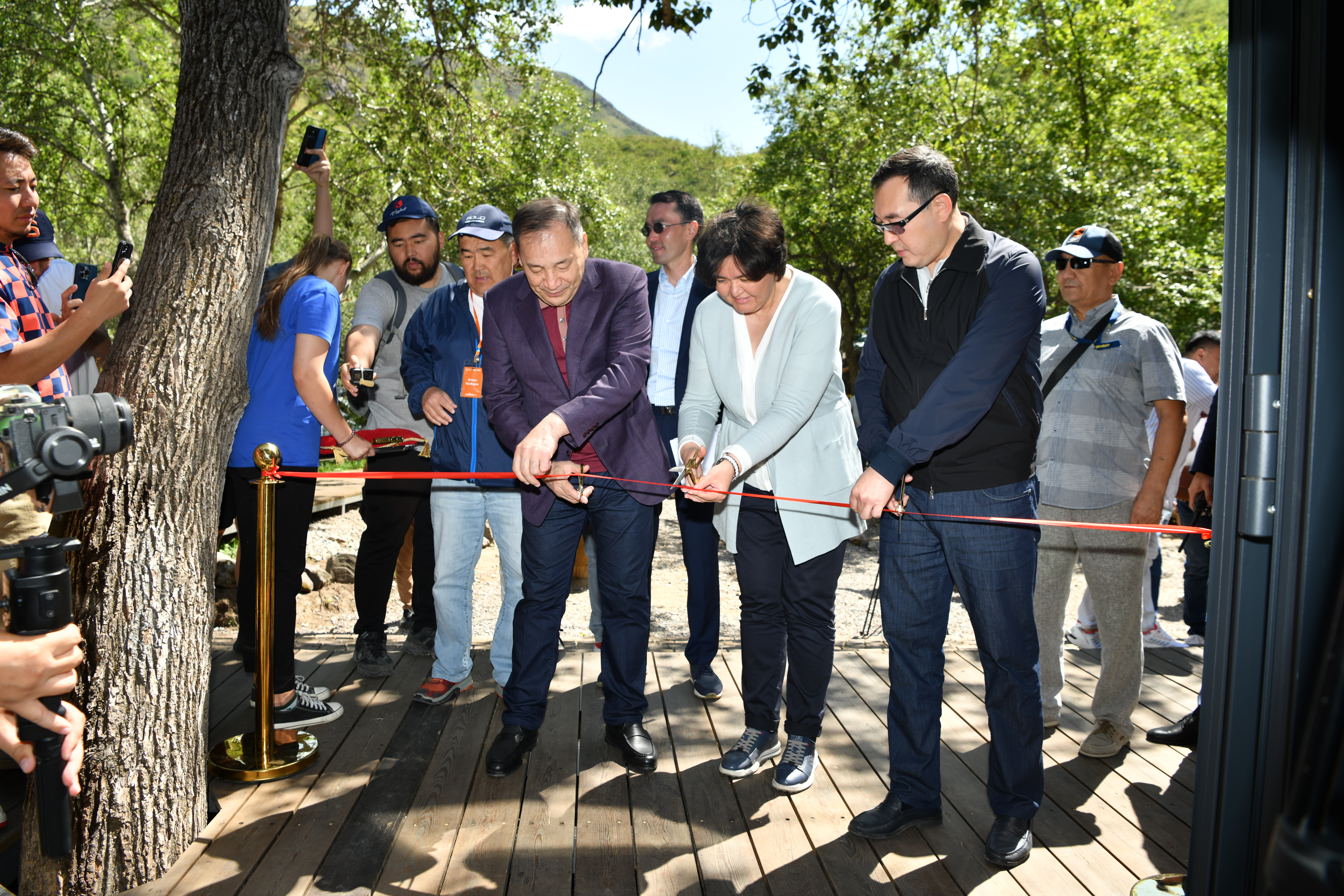An important event within the framework of the UNESCO/Japanese Trust Fund (Japan FiT) project entitled "Supporting the nomination process of the Silk Road World Heritage Site" was held in Aktau.
The workshop, which brought together scientists and experts from different countries including Kazakhstan, Japan, UK, Azerbaijan, Iran, Turkmenistan and Russia, touched upon topical issues of international cooperation and coordination of efforts in the preparation of the Serial Transnational Nomination "Silk Road: Volga-Caspian Corridor".
The main objective of the event was to discuss aspects and stages of modern documentation of historical and cultural heritage monuments related to the Silk Road. The participants of the seminar shared their experience and knowledge about the advanced methods of documenting and preserving unique sites of historical and cultural value.
Opening the seminar, the Chairman of the Board of "QazaqGeography" ROO "QazaqGeography" Erik Sultanov noted the importance of such events in the work on the preservation of historical and cultural monuments with the subsequent inclusion of some of them in the UNESCO World Heritage List.
"QazaqGeography as a public institute together with the Ministry of Culture and Sports and the National Commission for UNESCO is ready to contribute on behalf of the Republic of Kazakhstan to the development of this global project, and the first step was the organization of a platform for discussion, which brought together leading experts from different countries. Western Kazakhstan is a historically important part of the Great Silk Road, and there are many monuments here that have the potential to be included in the UNESCO World Heritage List. And today all our efforts are aimed at this," said Yerik Sultanov.
Special attention is paid to the preparation of the Serial Transnational Nomination "Silk Road: Volga-Caspian Corridor". The seminar became a platform for discussing issues related to this project and finding optimal approaches to its realization.
"The Silk Road in ancient times was not only a way of trade turnover, but also an instrument of educational and cultural exchange. Historical and cultural sites, which were part of the Great Silk Road, became samples of spiritual and artistic development, a real cultural treasure that takes us back to the ancient world. And today they deserve to occupy a special position on the world cultural pedestal", - said Secretary General of the National Commission of the Republic of Kazakhstan for UNESCO Aliya Baisabaeva.
The event will also include a field trip to study the historical and cultural heritage of the Mangistau region. This stage will allow participants to get closer acquainted with real sites, get a primary idea of their significance and study the practical part on their example.
Thus, the objects located on the Tyub-Karagan peninsula will be studied, including research within the Shakpaktysai canyon, Kosbair necropolis, Shakpak-ata rock mosque, Kapamsai canyon. In addition, it is planned to visit the necropolis of Kenta Baba, the tomb and underground mosque of Sultan-epe and other sites.
"The Volga-Caspian Silk Road Corridor is in line with UNESCO's key activities in preparing the methodology, providing technical guidance, capacity building of the project. Through this platform we will be able to build international cooperation and cultural dialog," said UNESCO Project Coordinator Roland Lin.
The workshop in Aktau confirmed the importance of international cooperation in preserving and promoting the historical and cultural heritage of the Caspian branch of the Silk Road. The participants, assisted by experts from different countries, enriched their common understanding of the tasks and challenges facing the project and decided on further steps for the successful implementation of the project.
The event was organized with the active support of UNESCO, the RK National Commission for UNESCO, the International Institute for Central Asian Studies, the Ministry of Culture and Information of the Republic of Kazakhstan, and the Akimat of Mangistau region. The organizer was the Republican Public Association "QazaqGeography".
The event was organized with the active support of UNESCO, the RK National Commission for UNESCO, the International Institute for Central Asian Studies, the Ministry of Culture and Information of the Republic of Kazakhstan, and the Akimat of Mangistau region. The organizer was the Republican Public Association "QazaqGeography".


